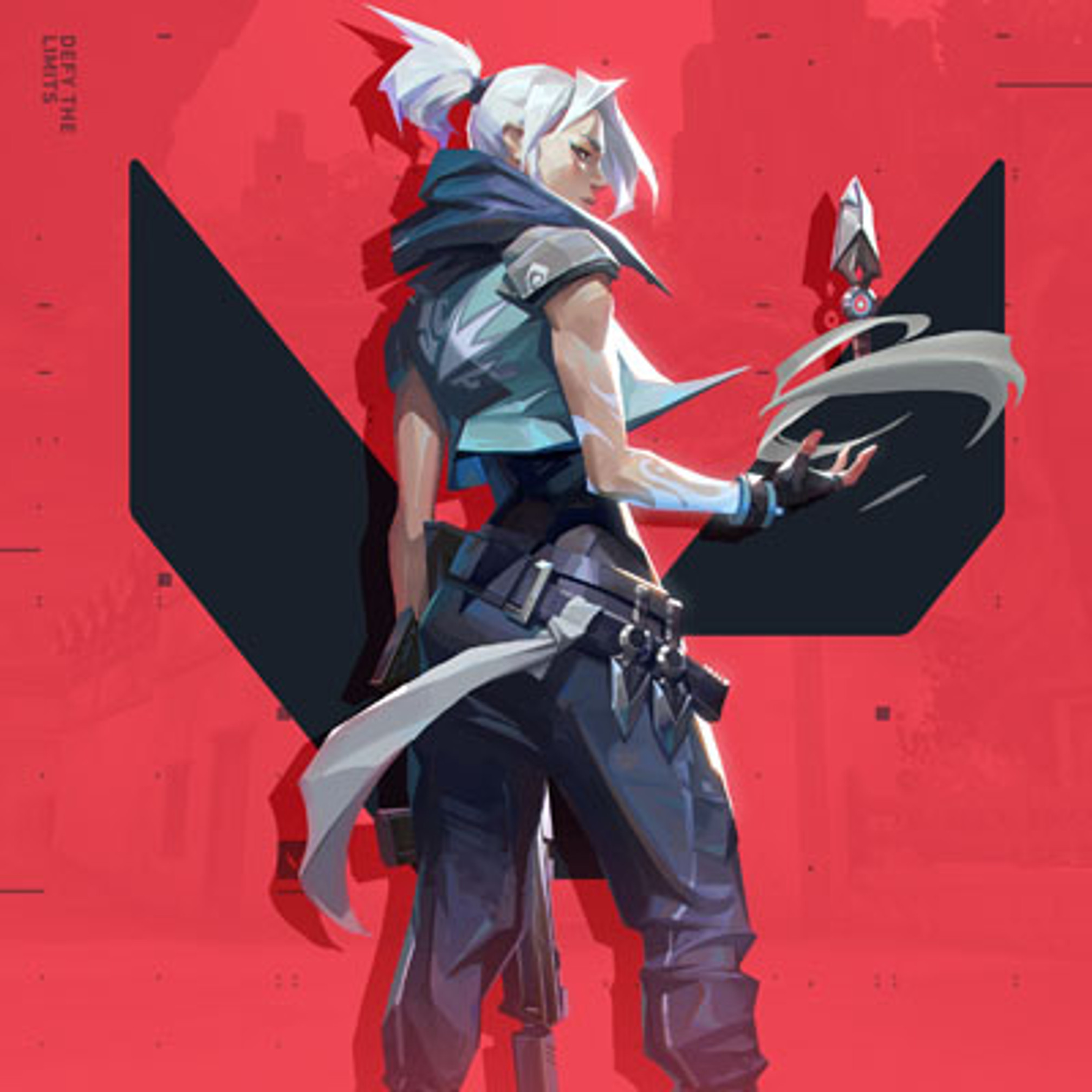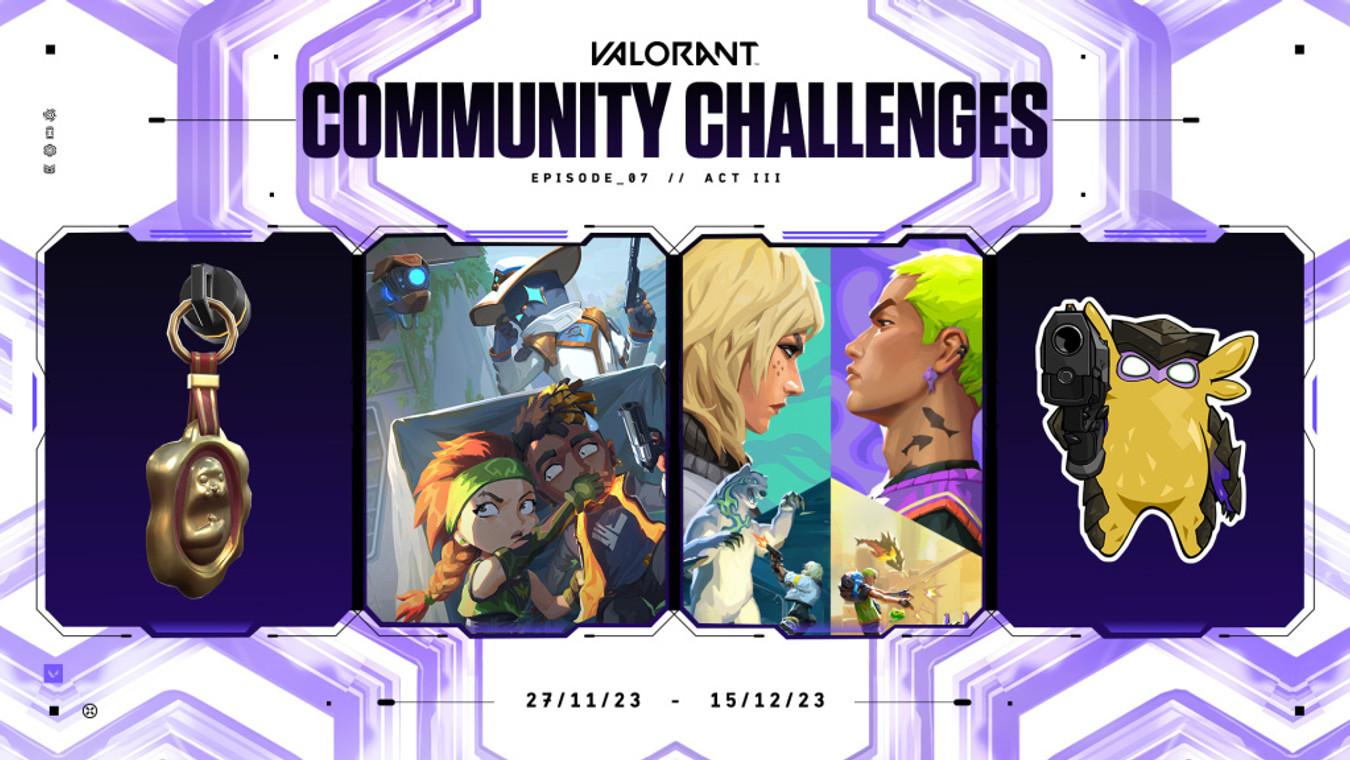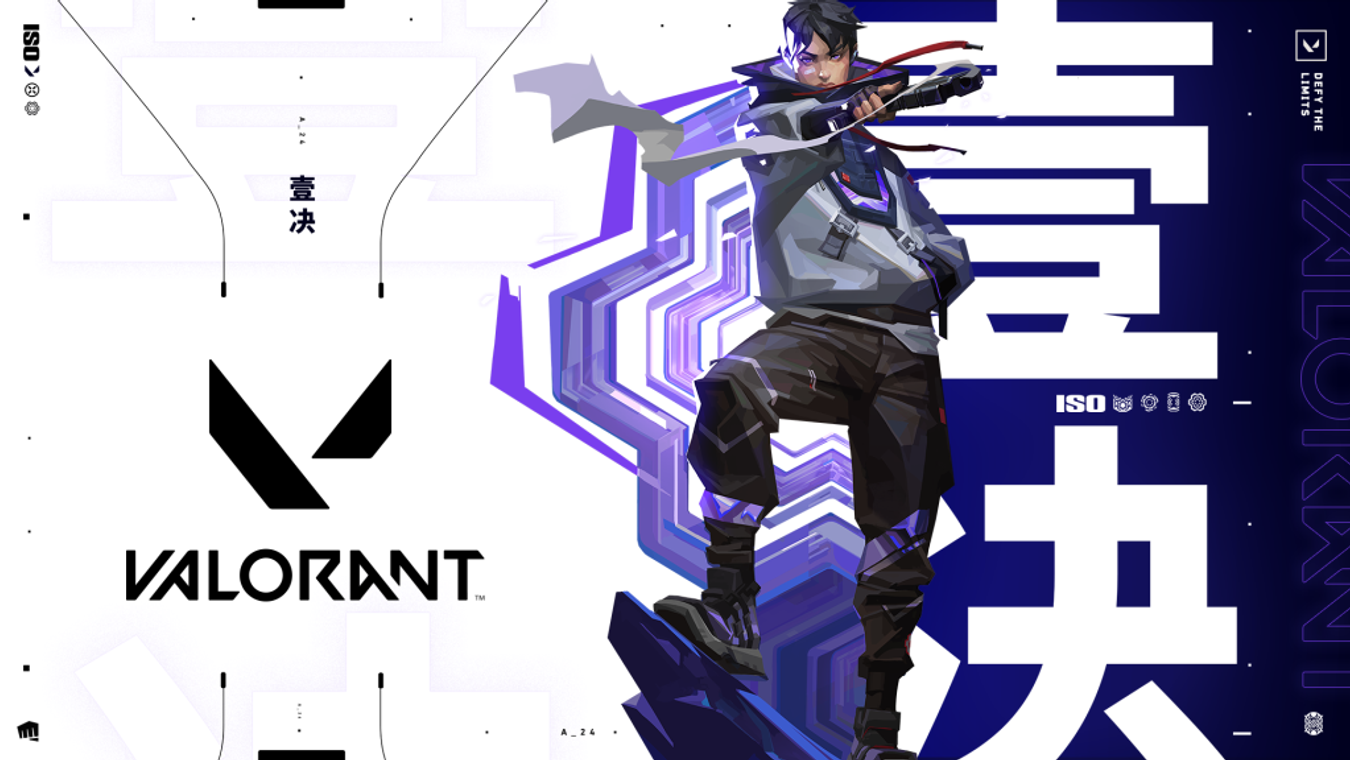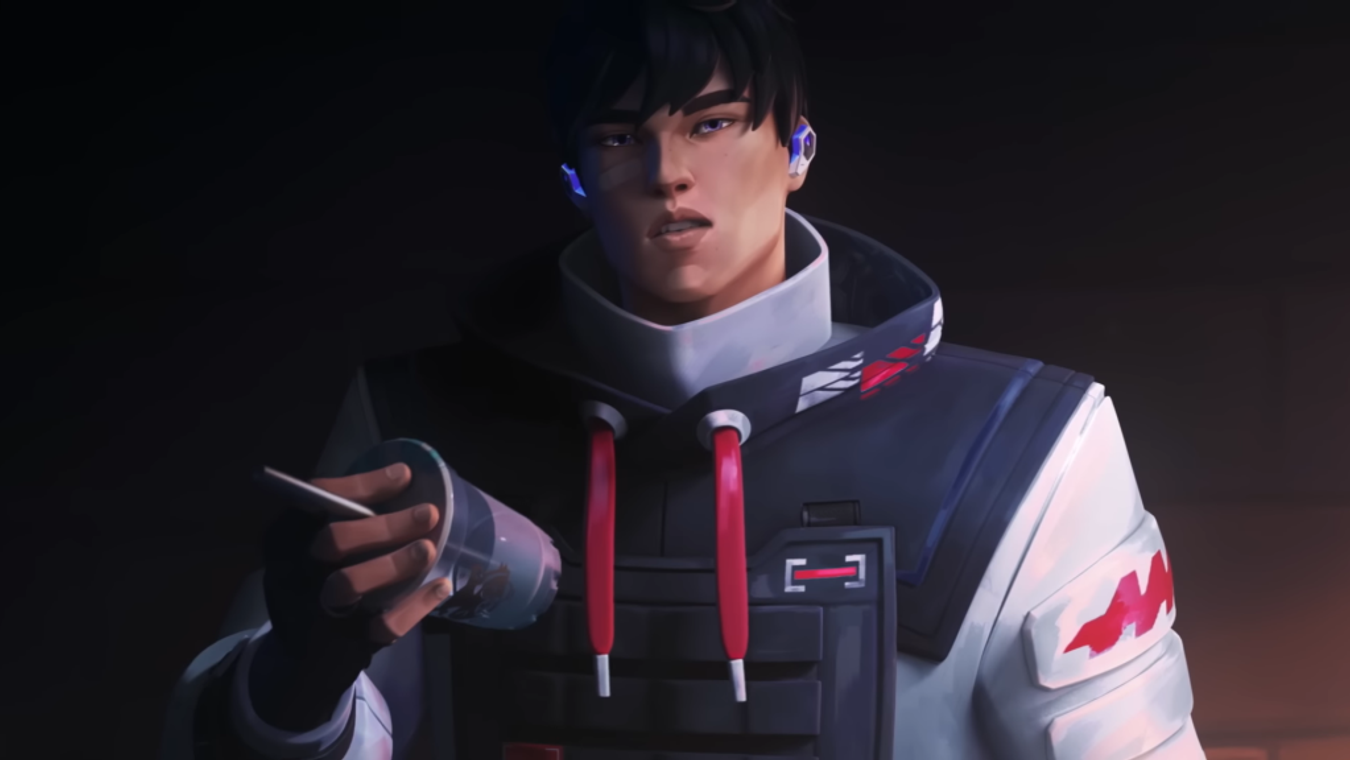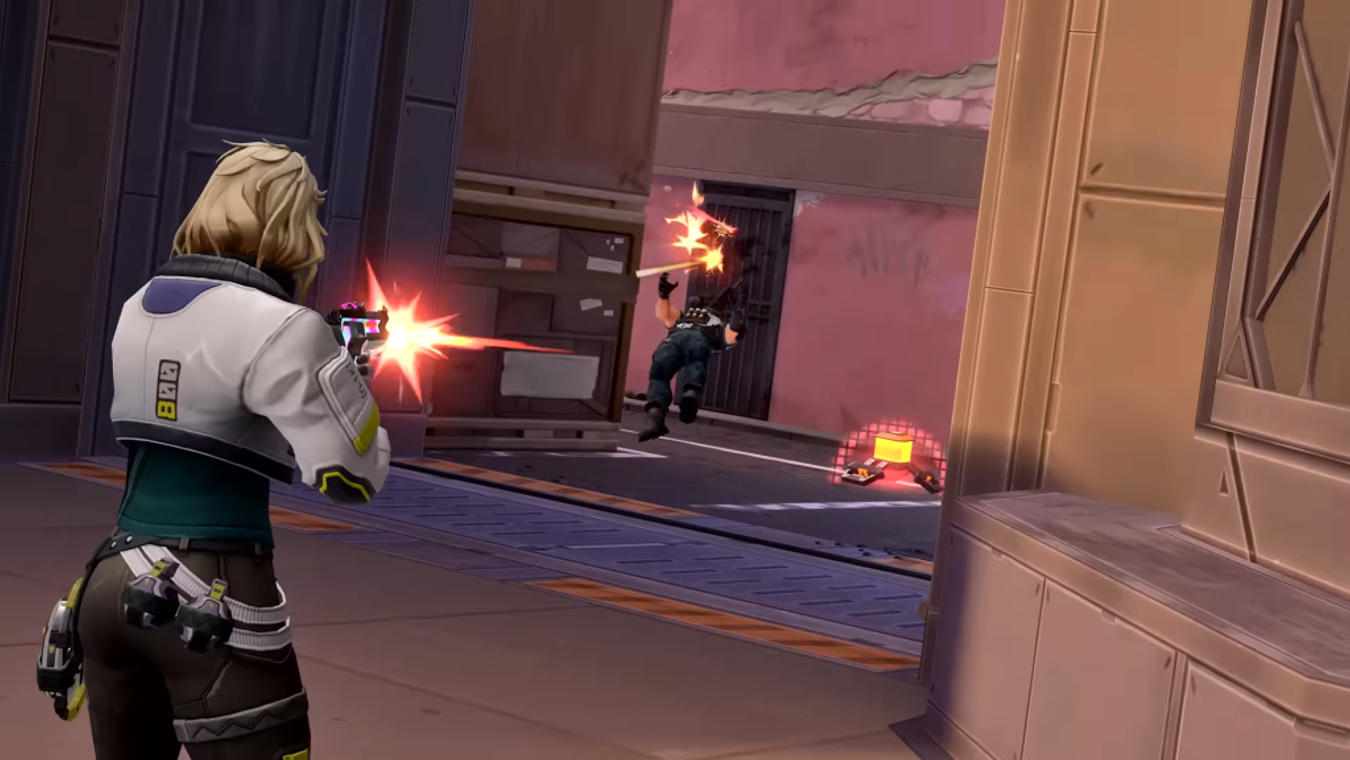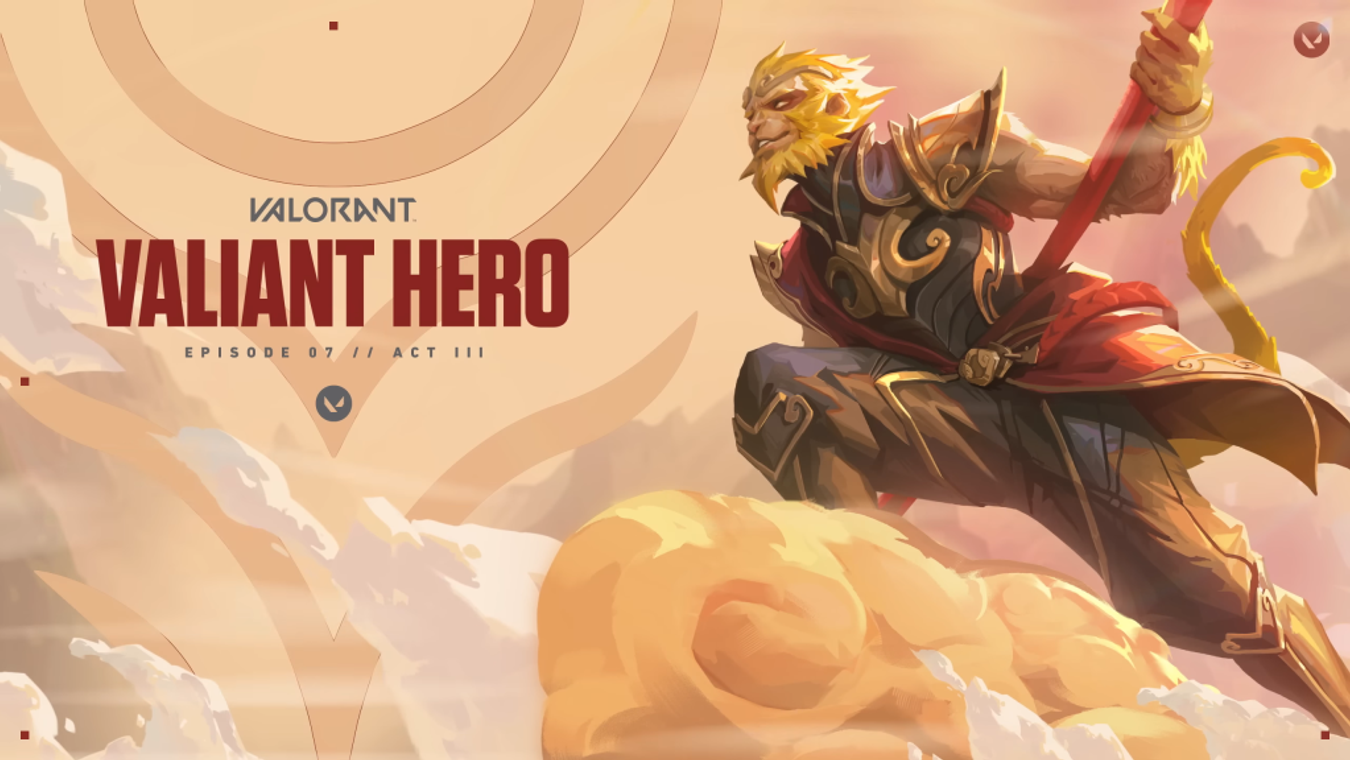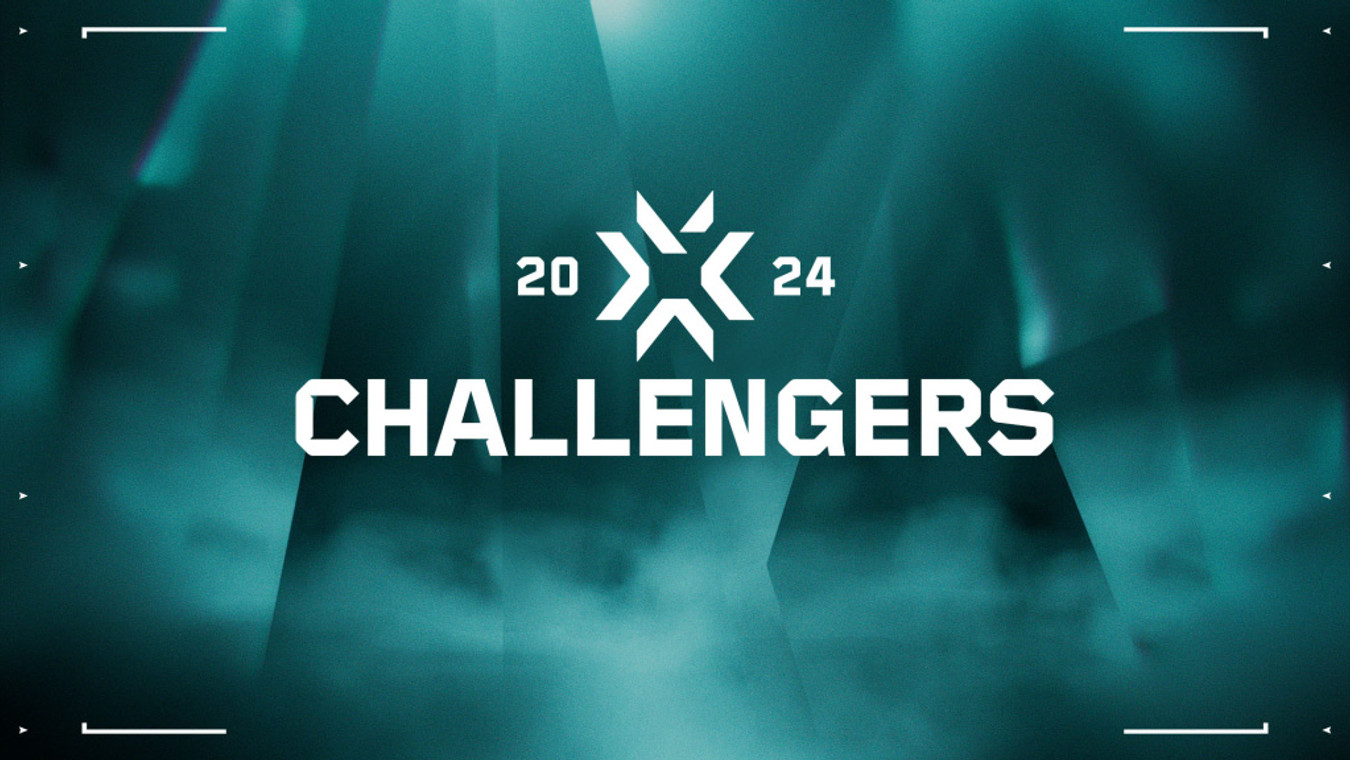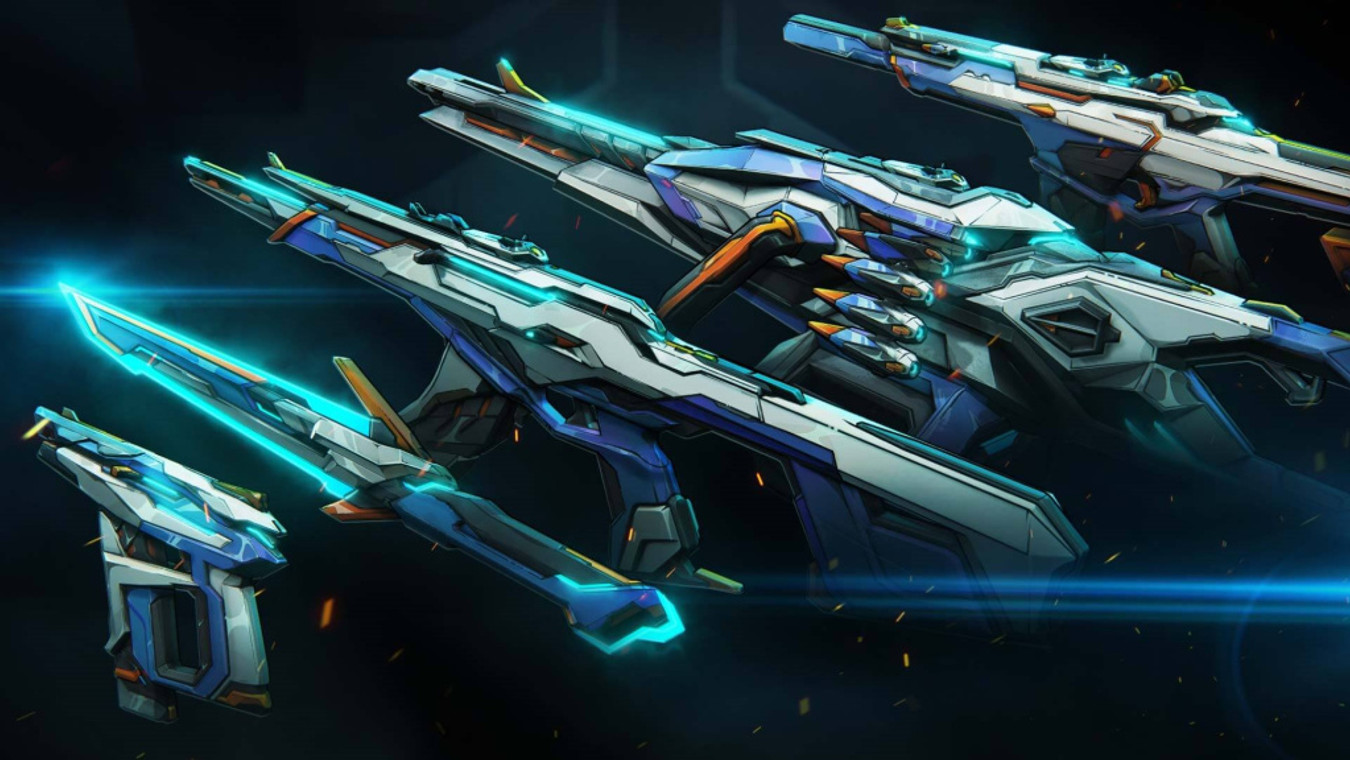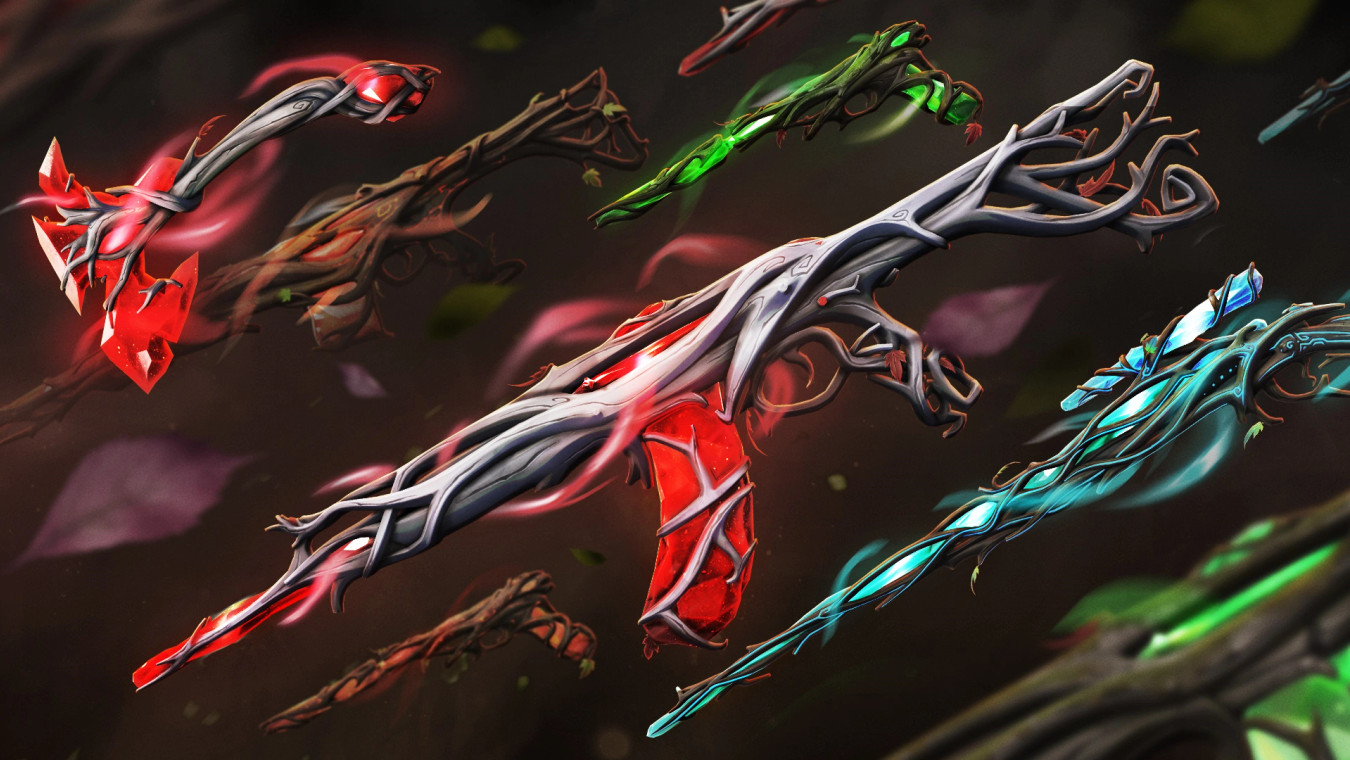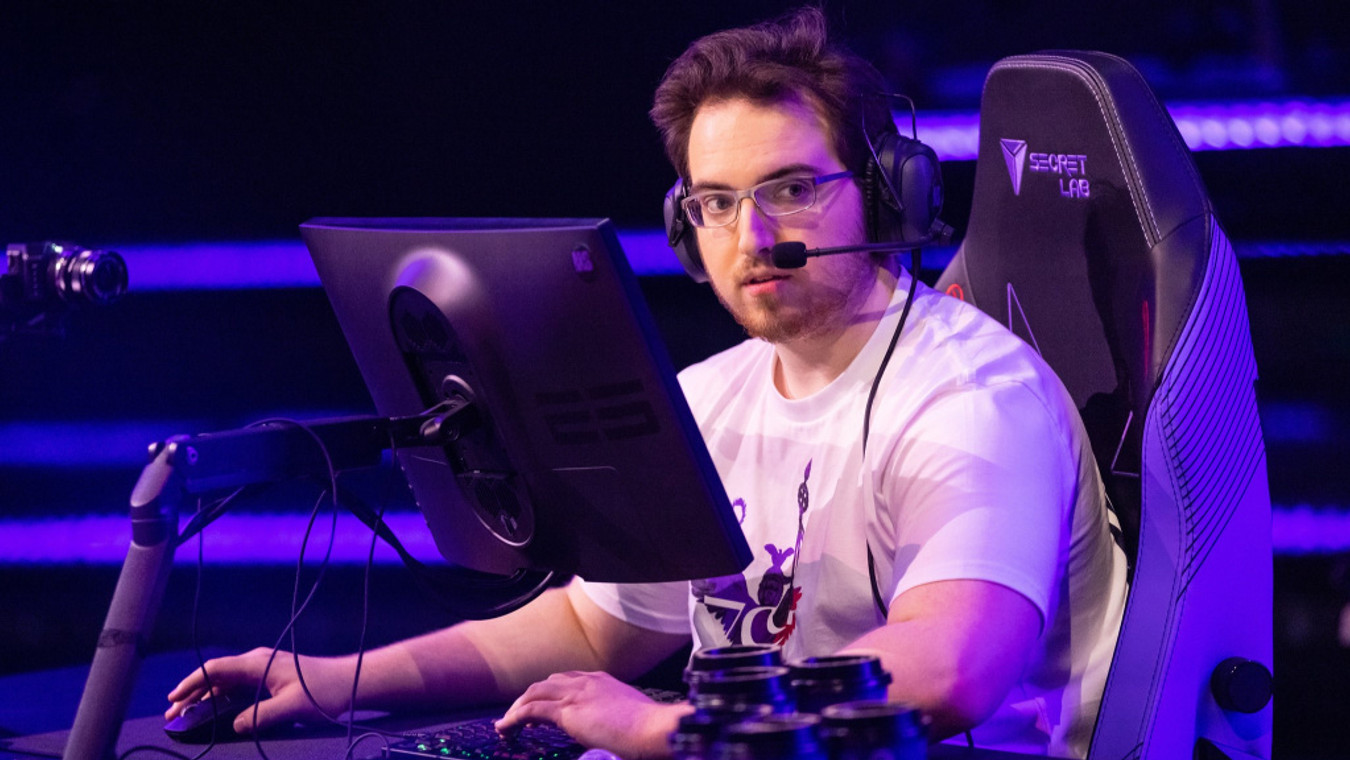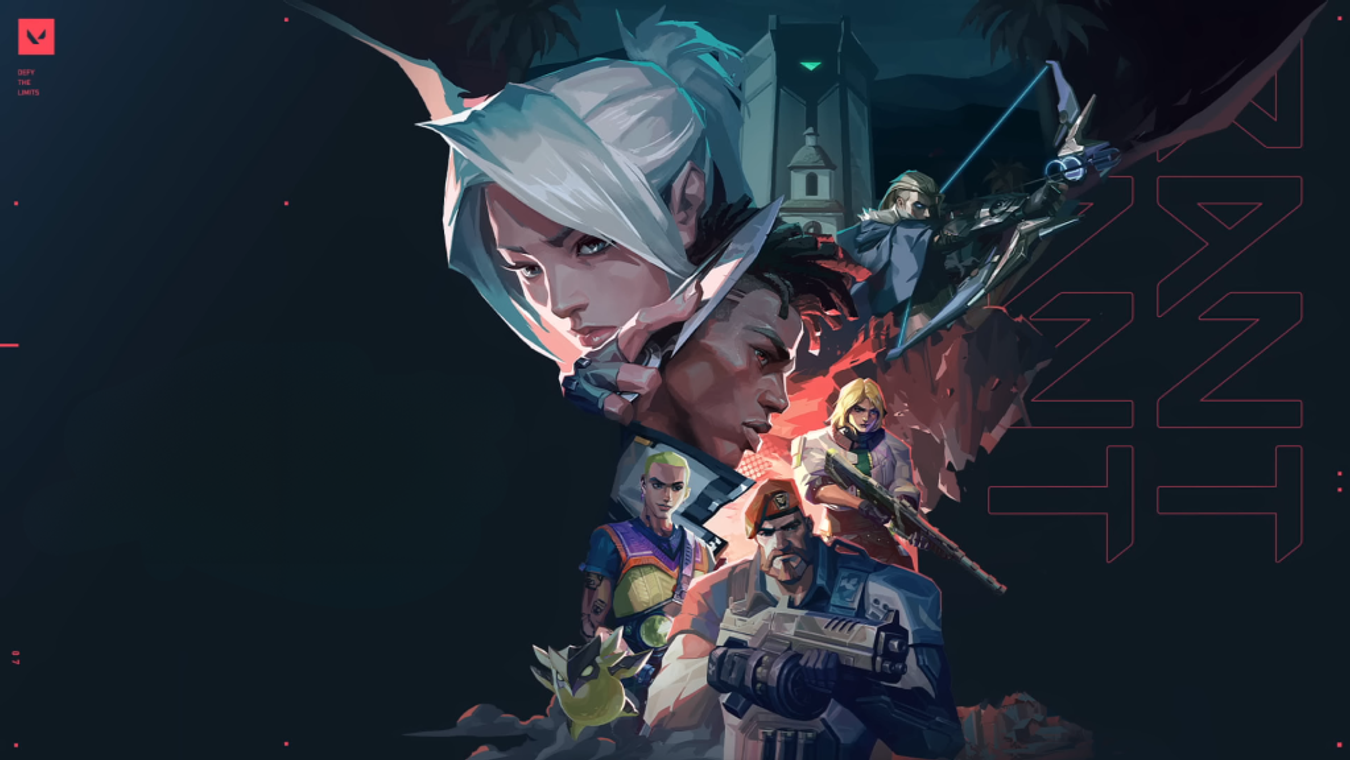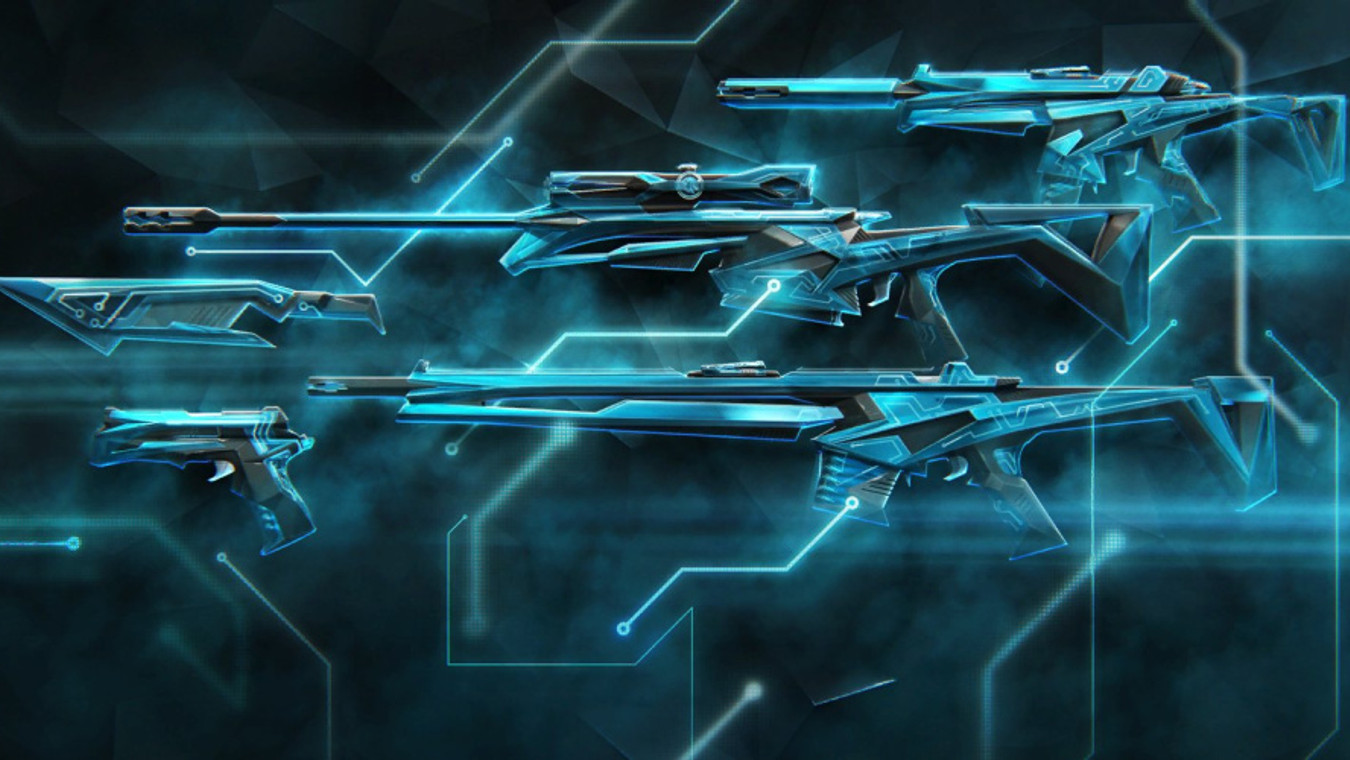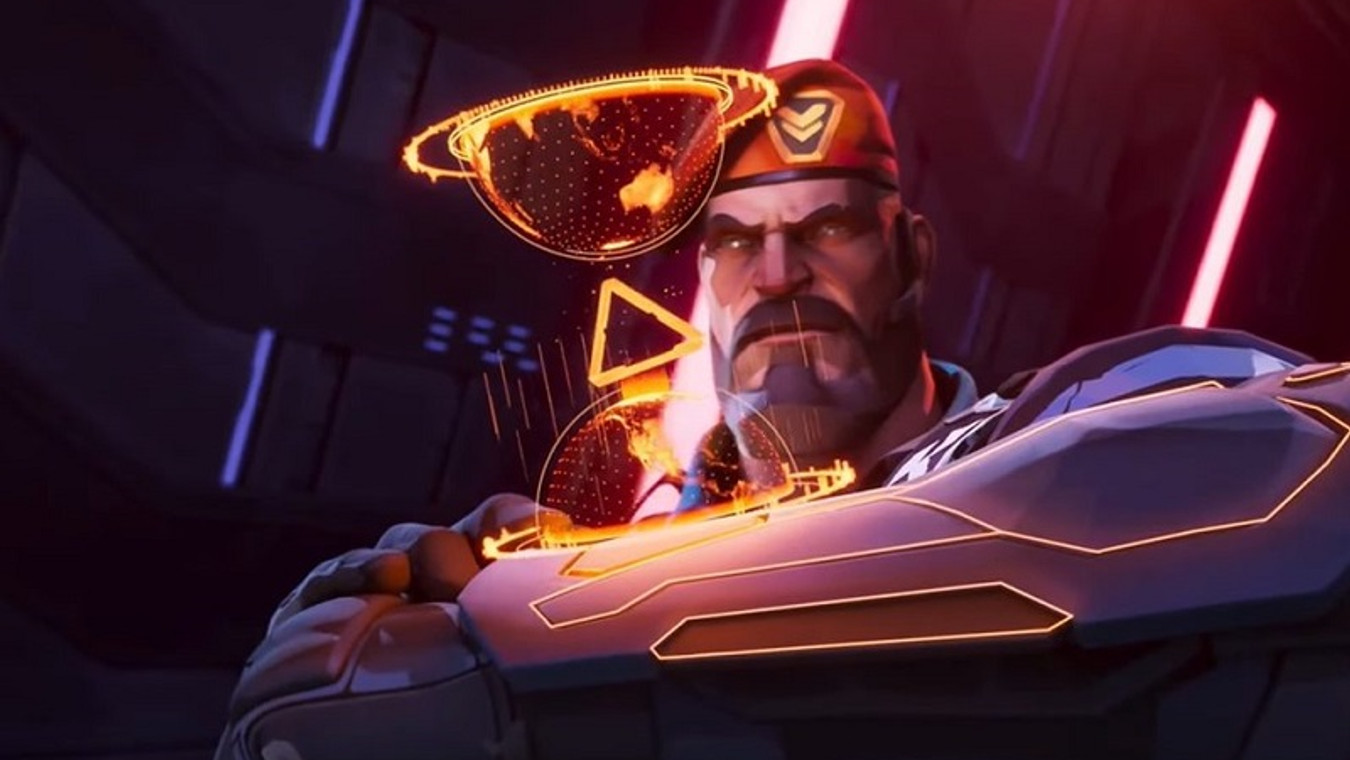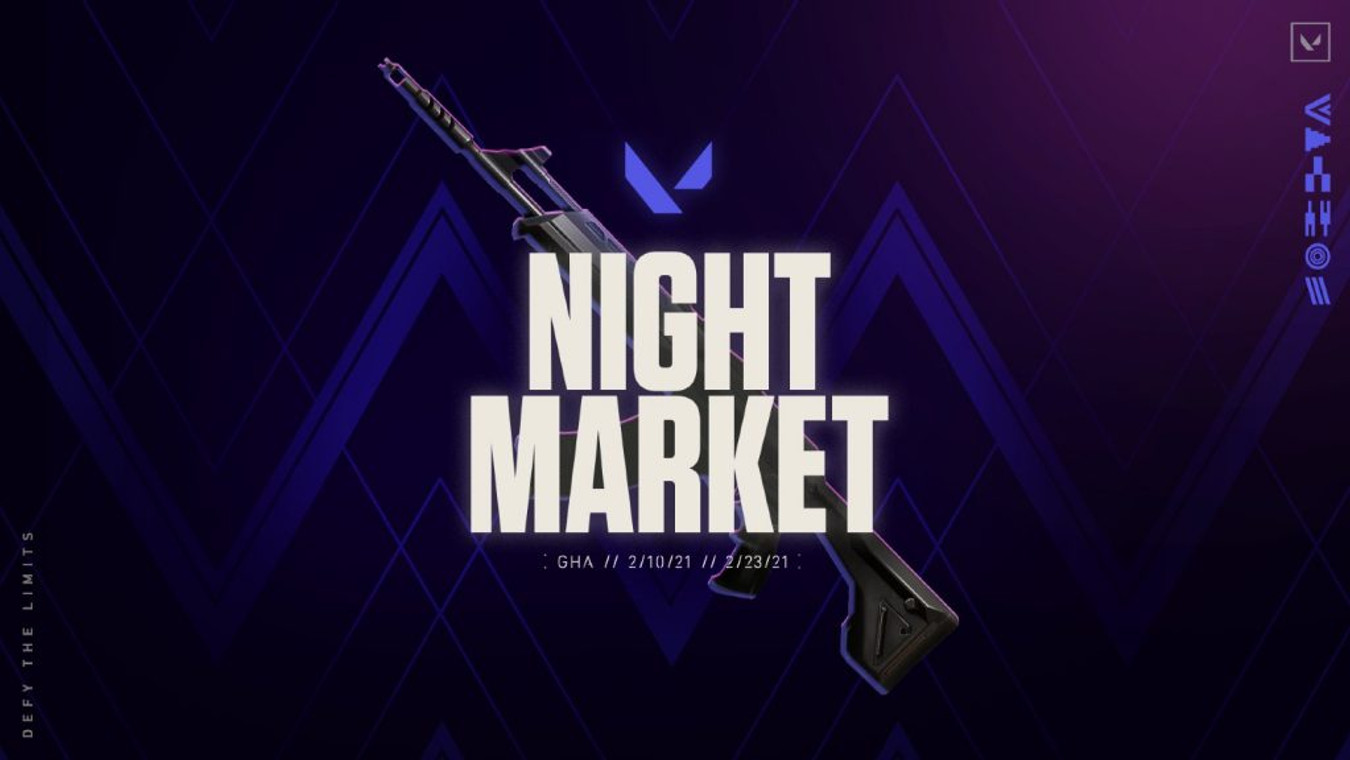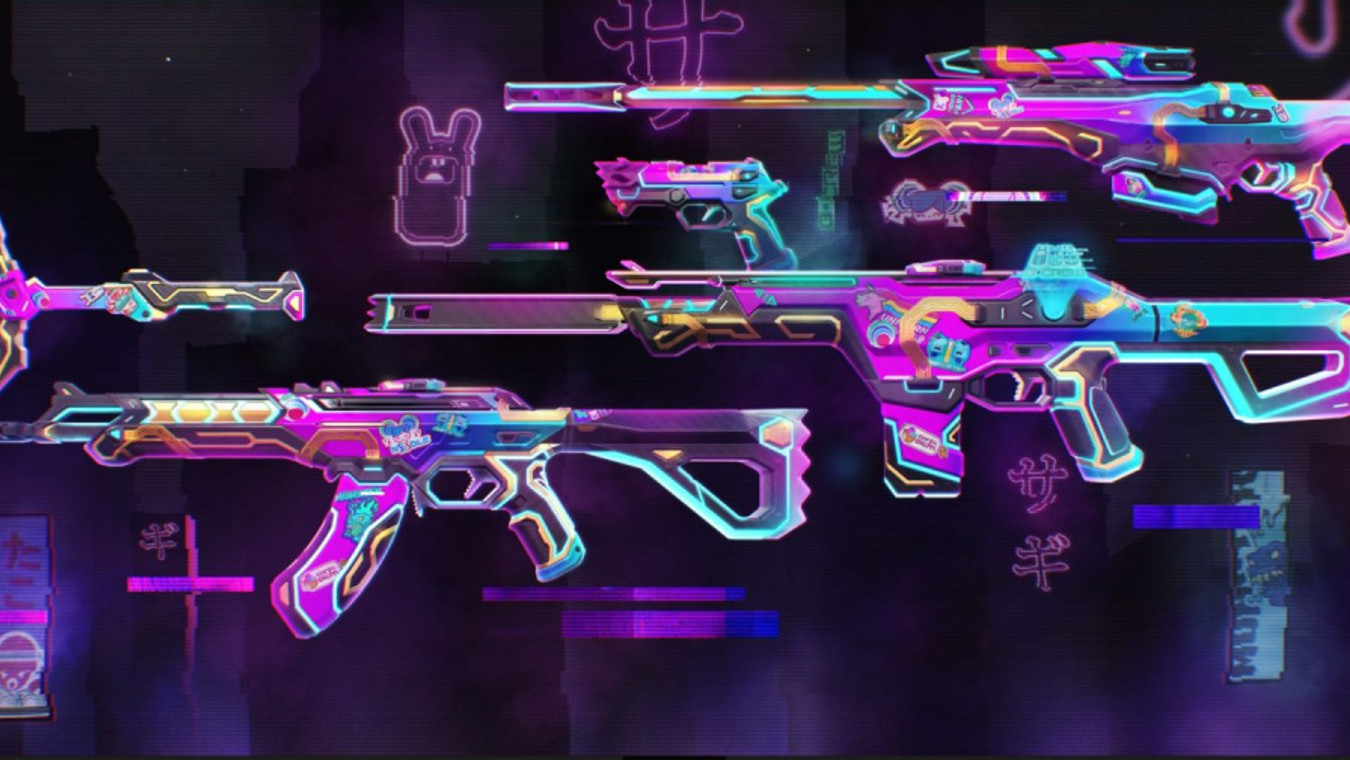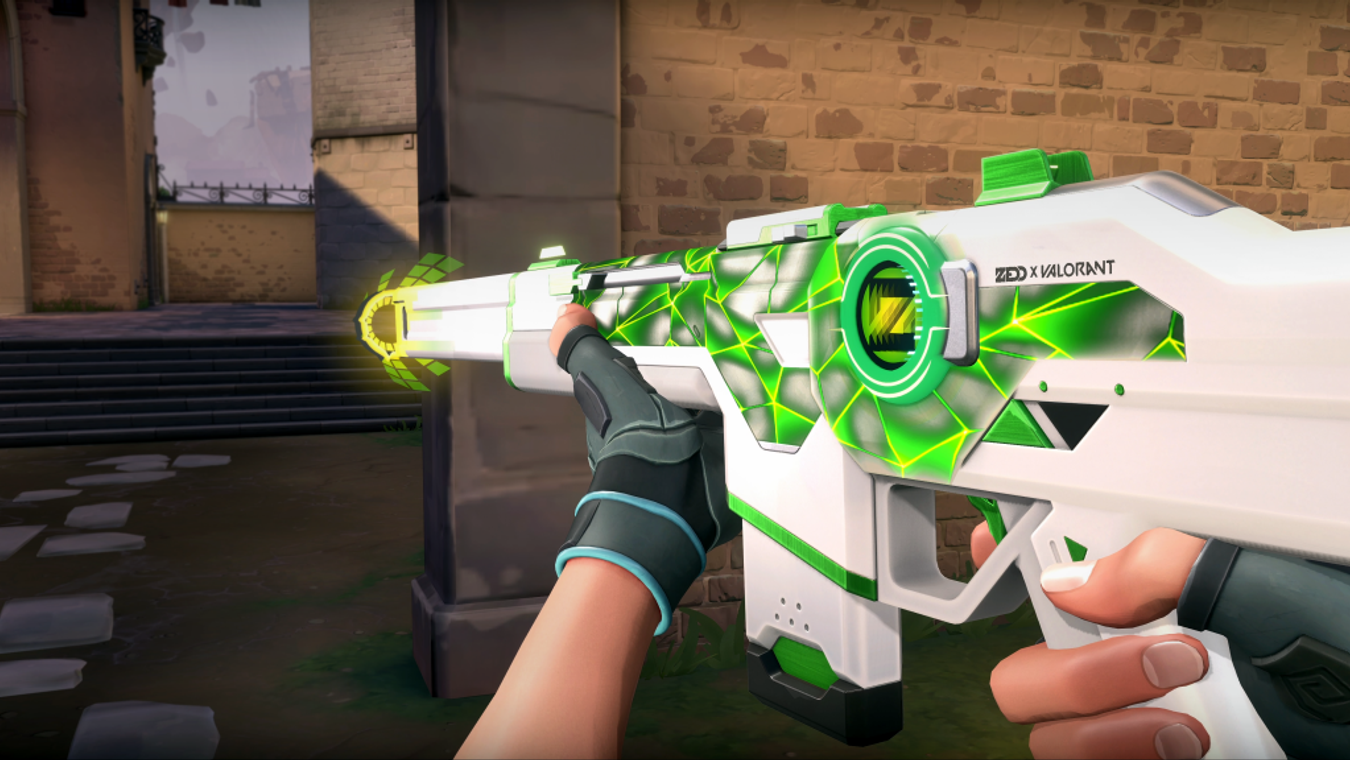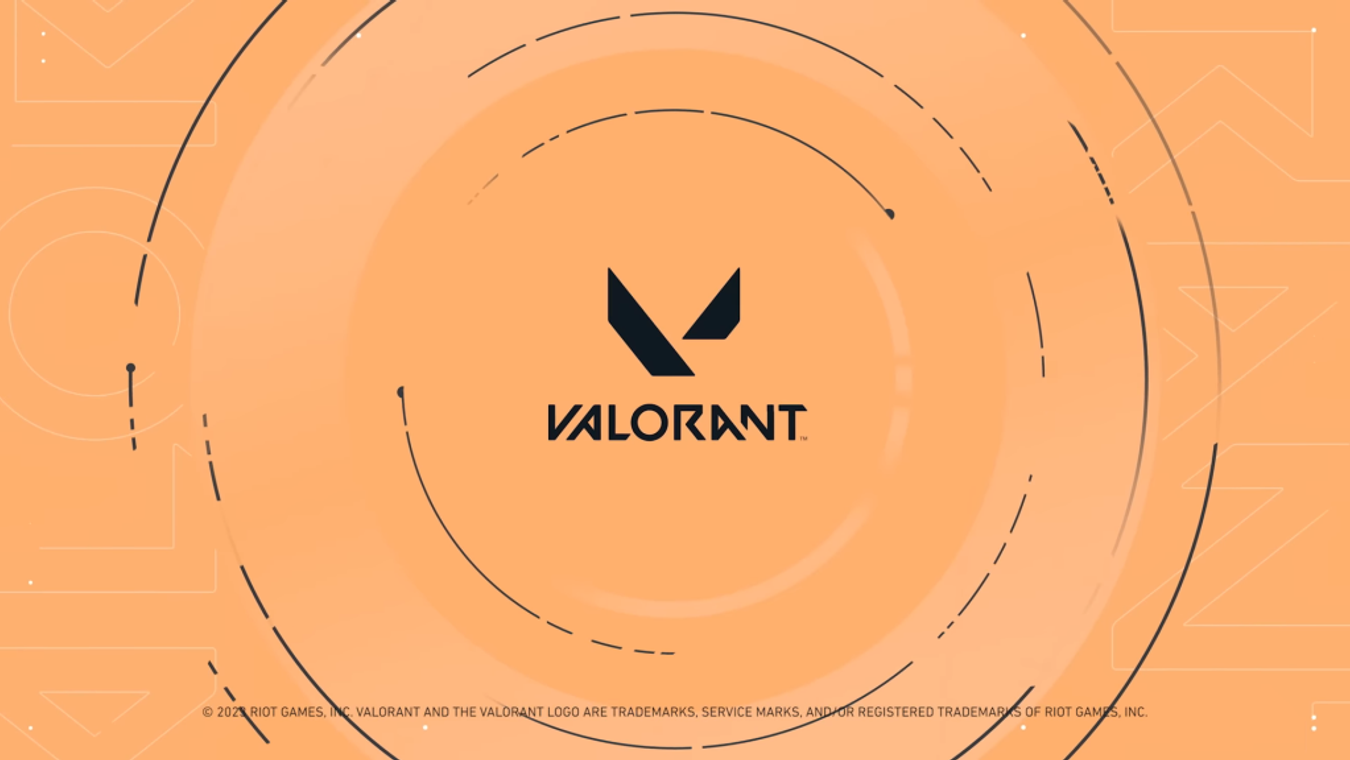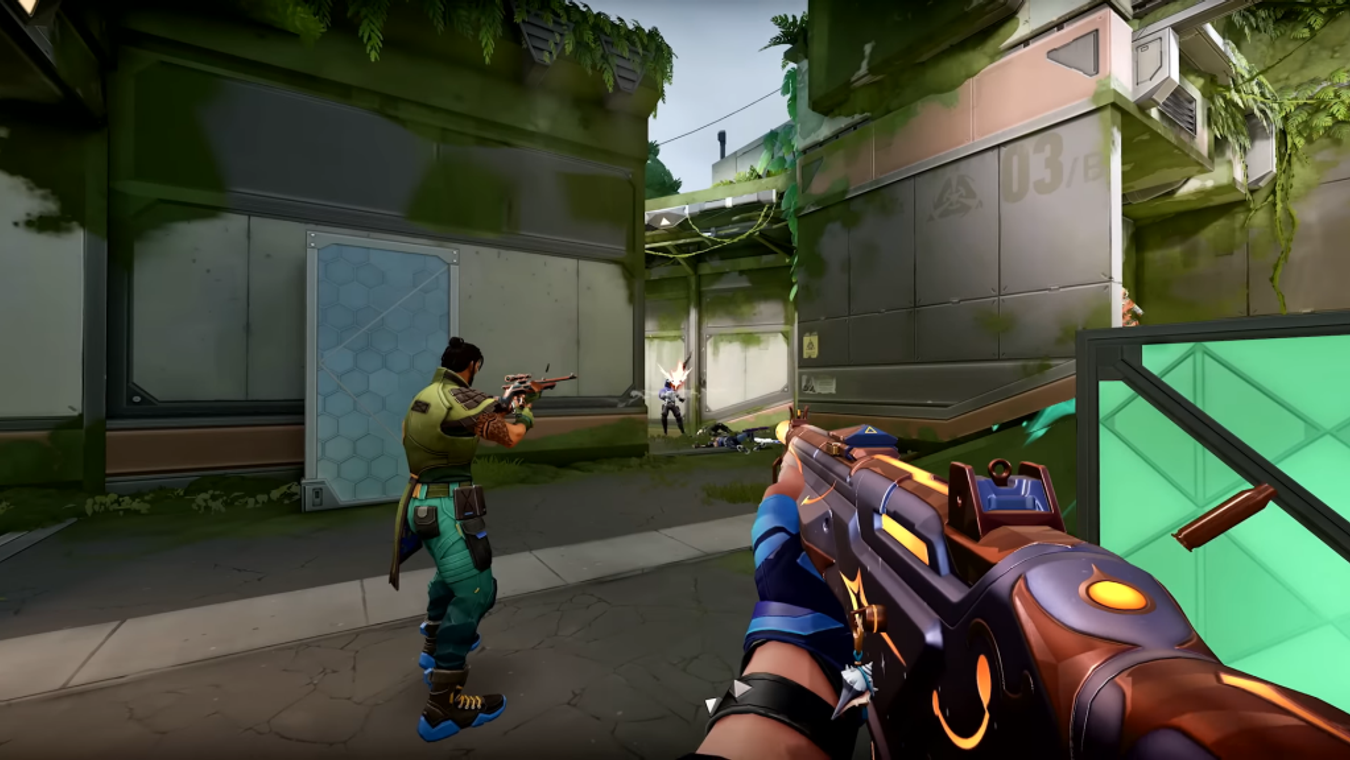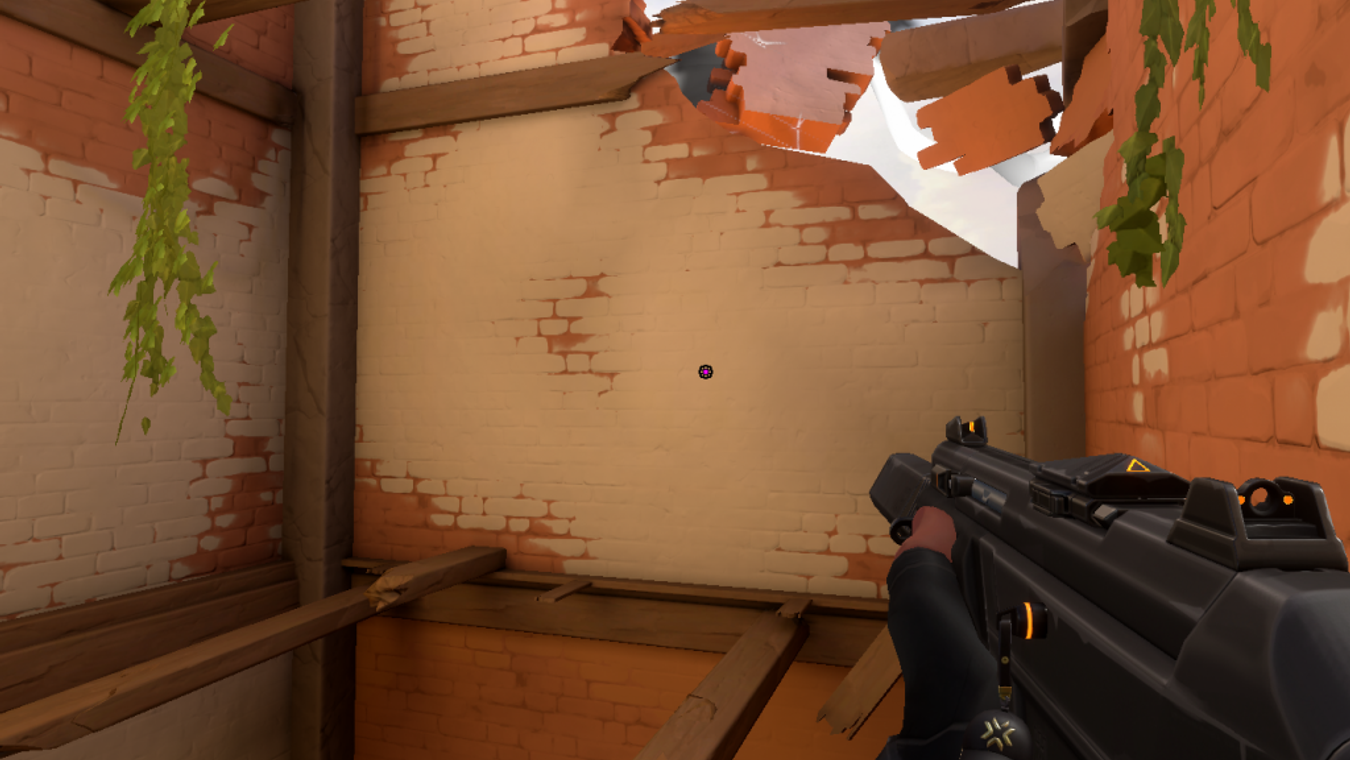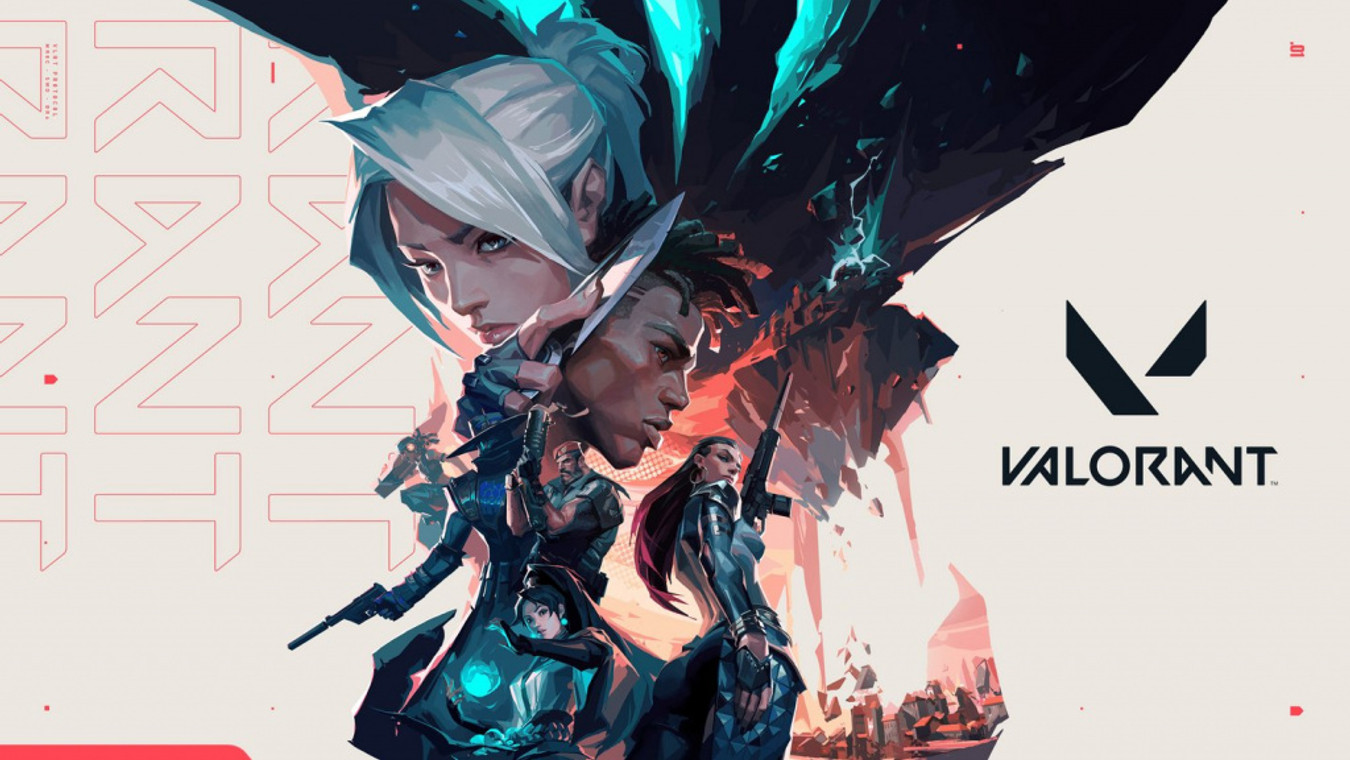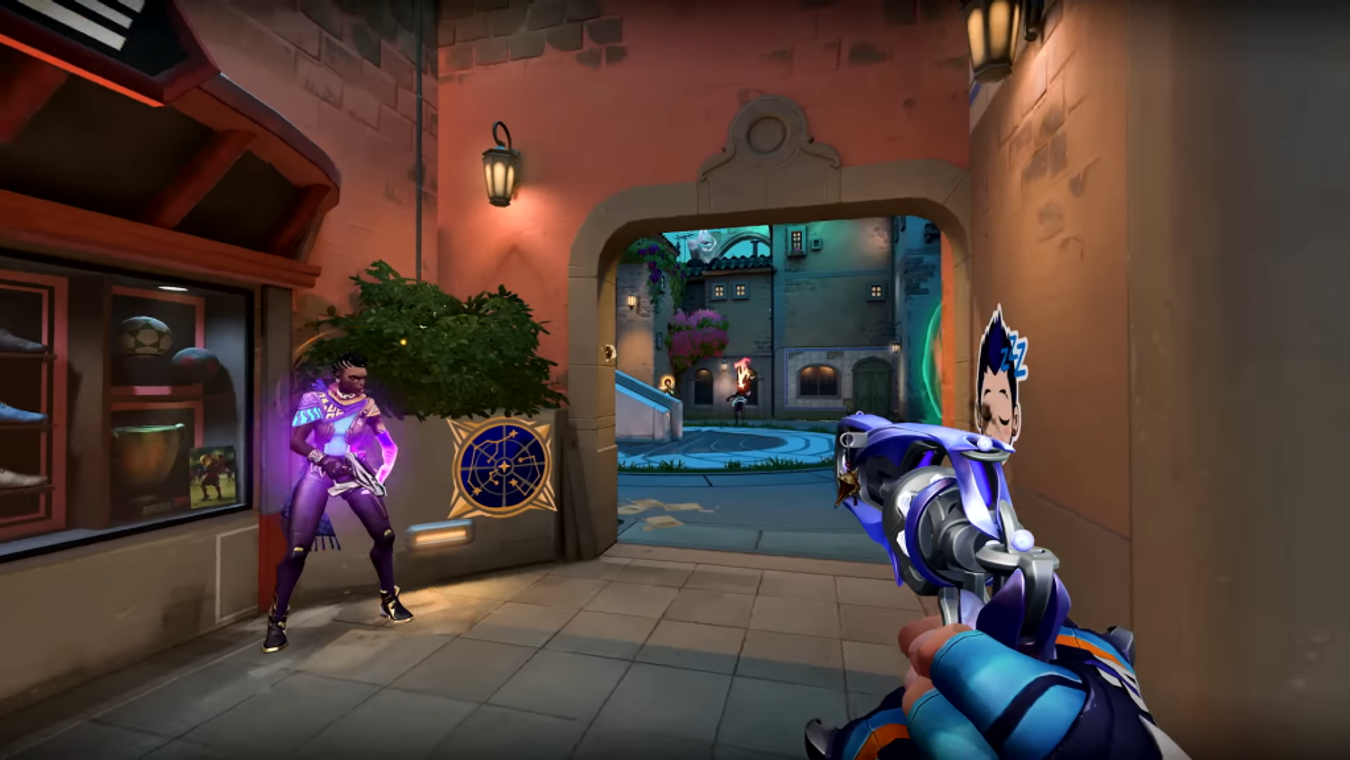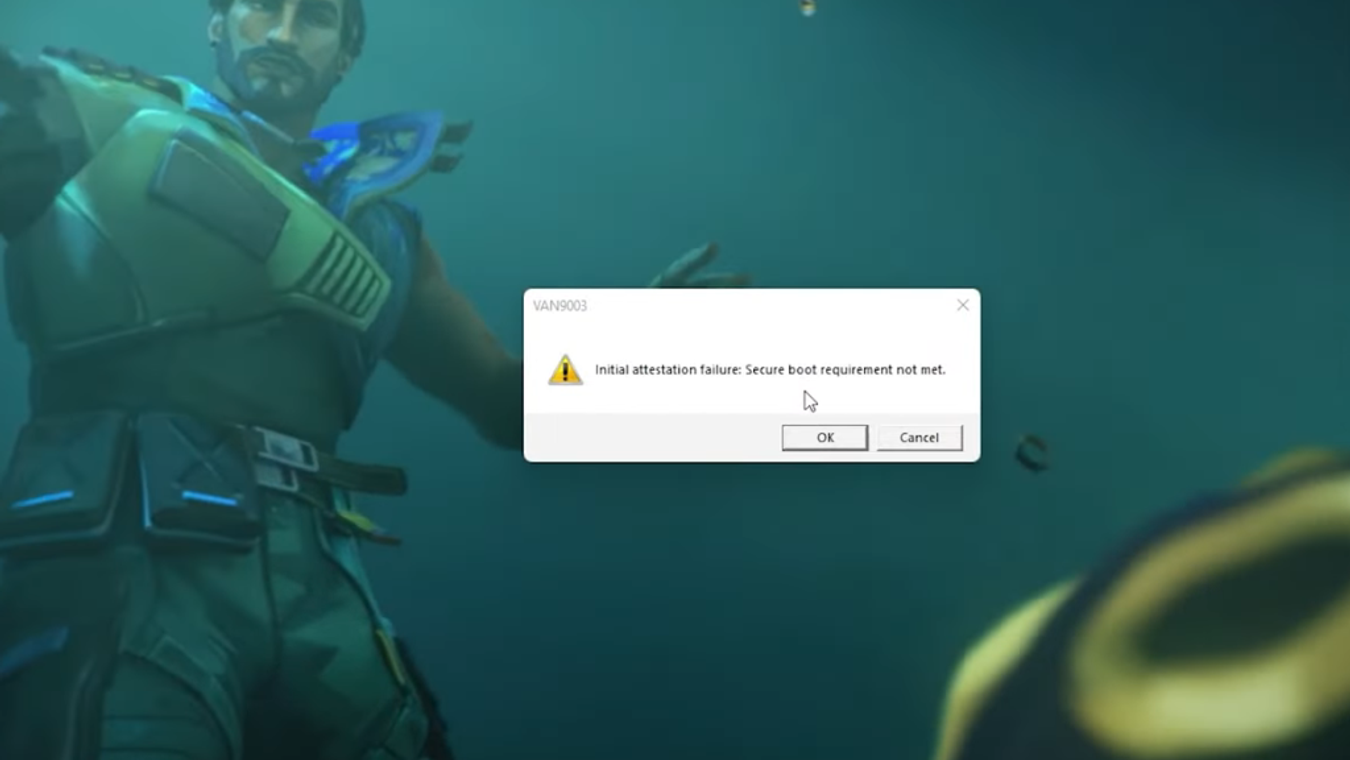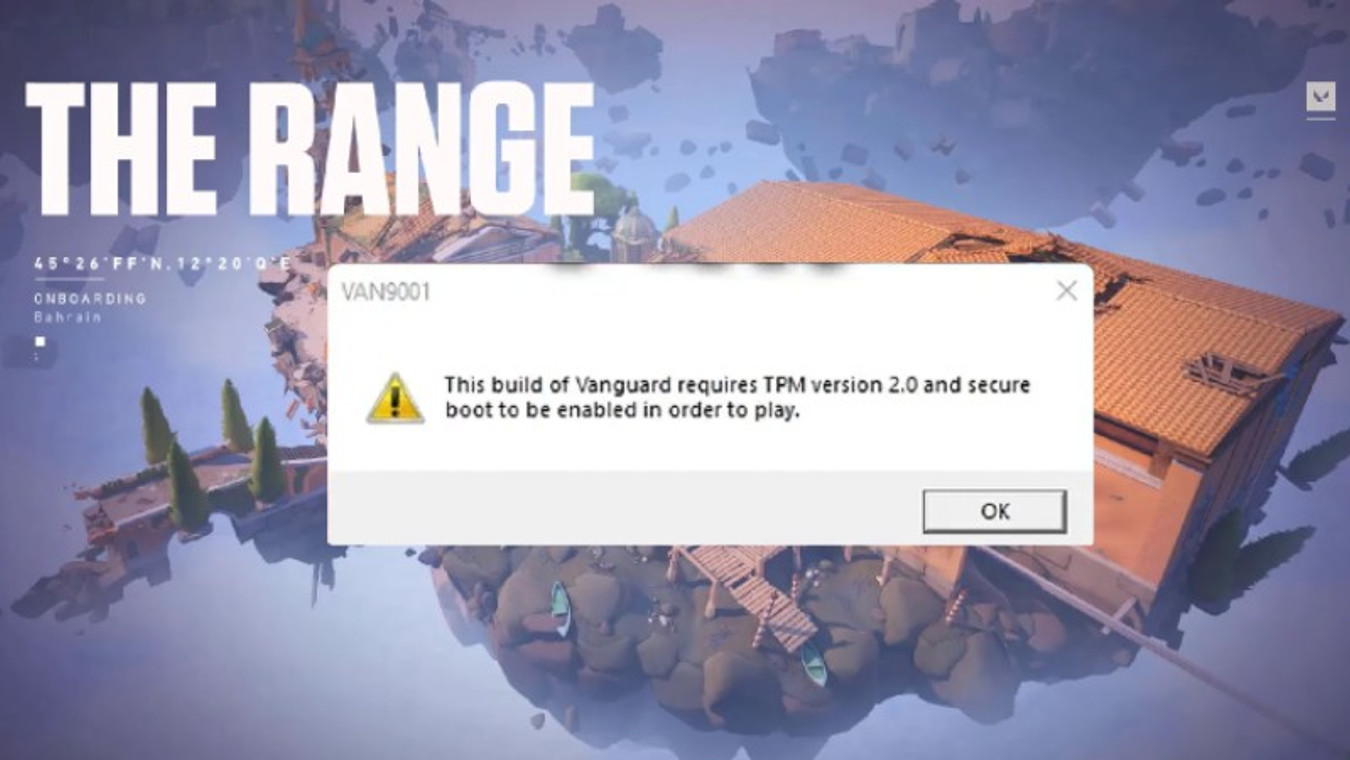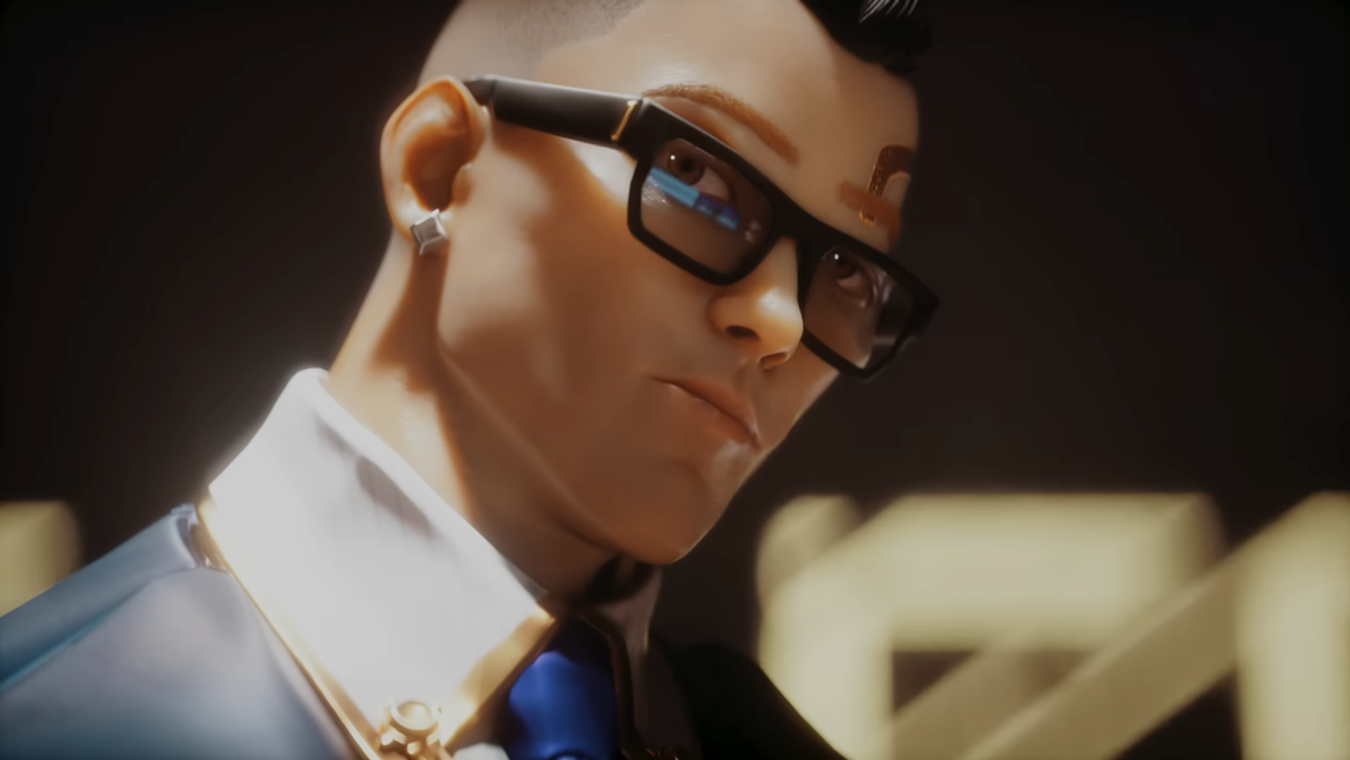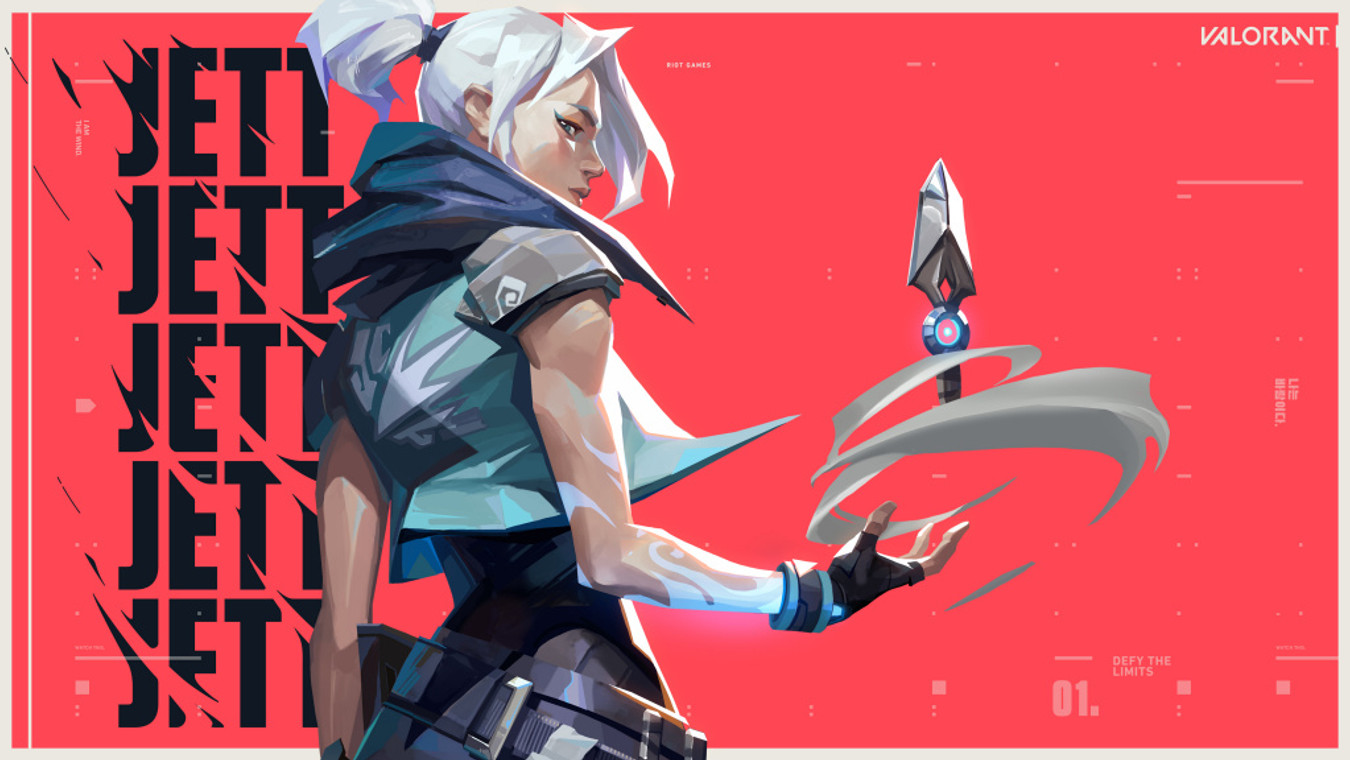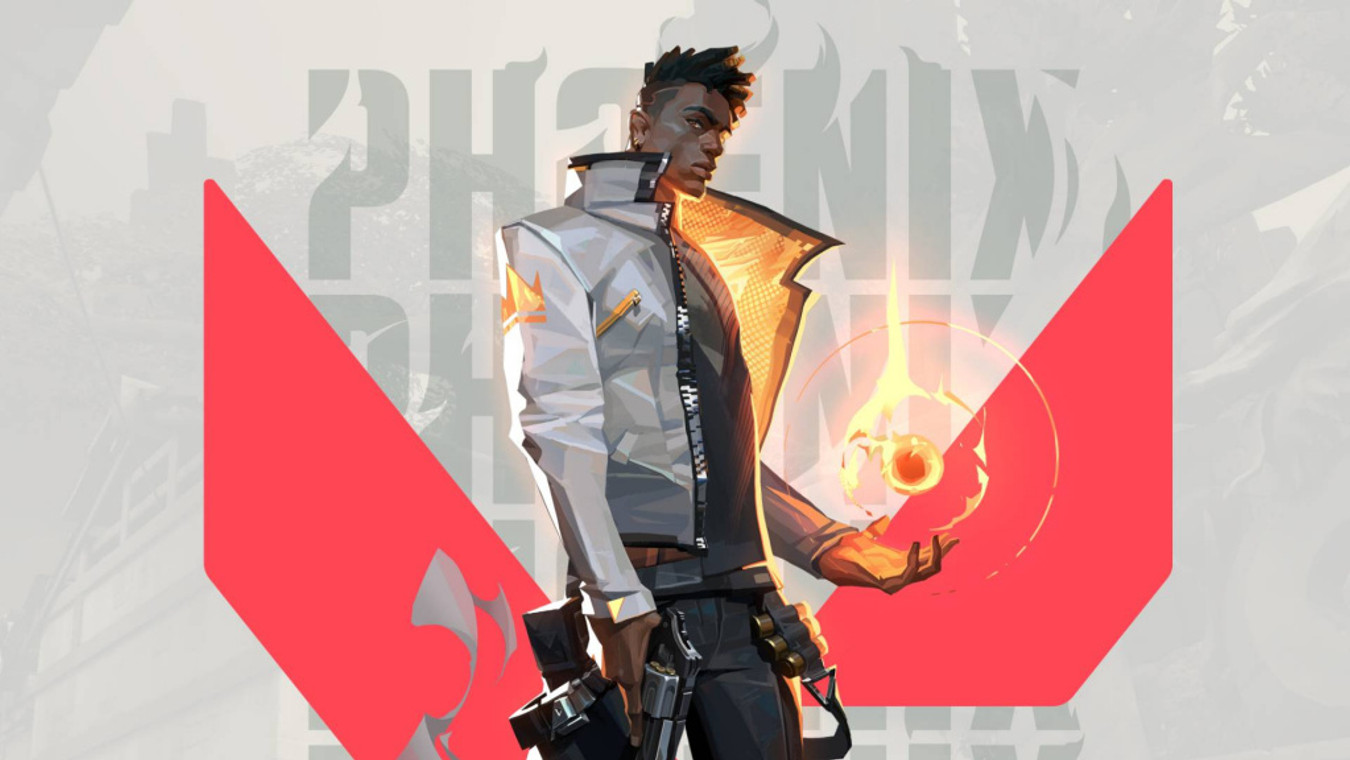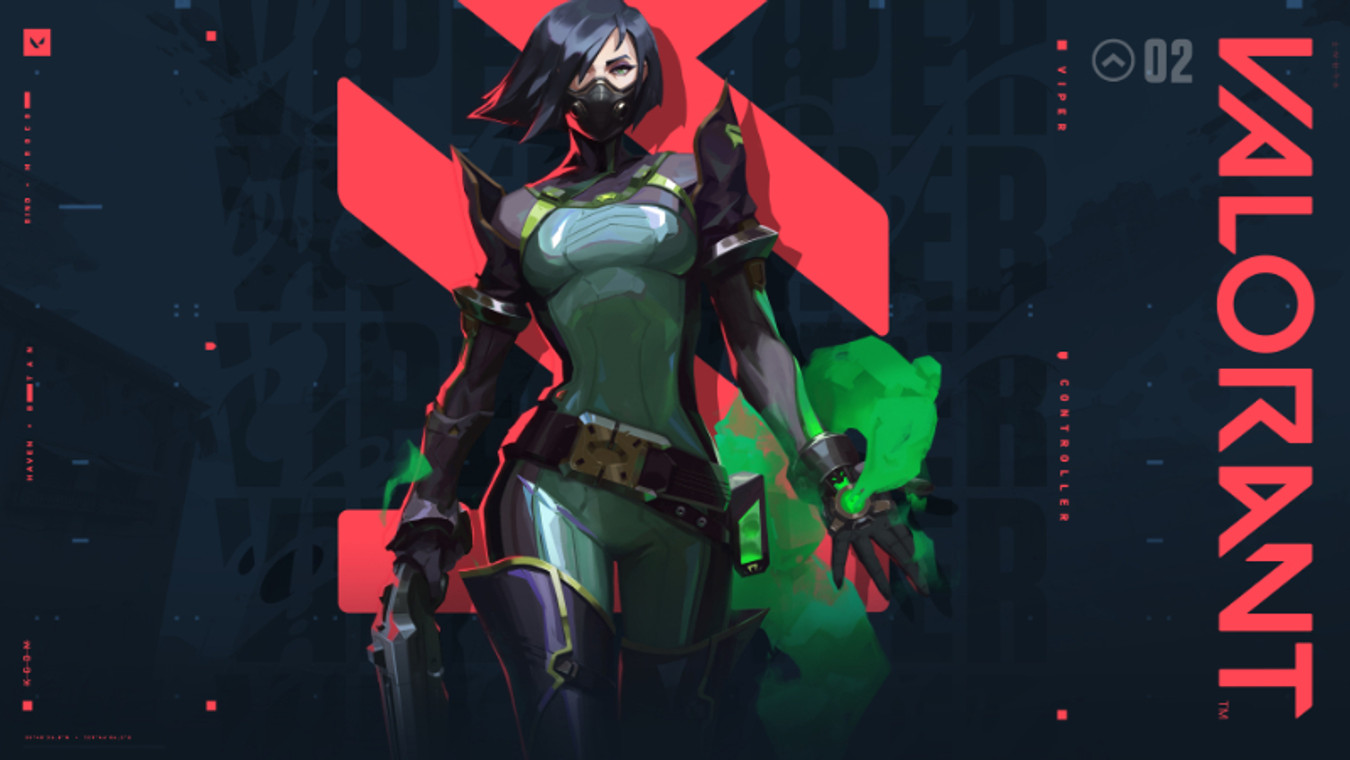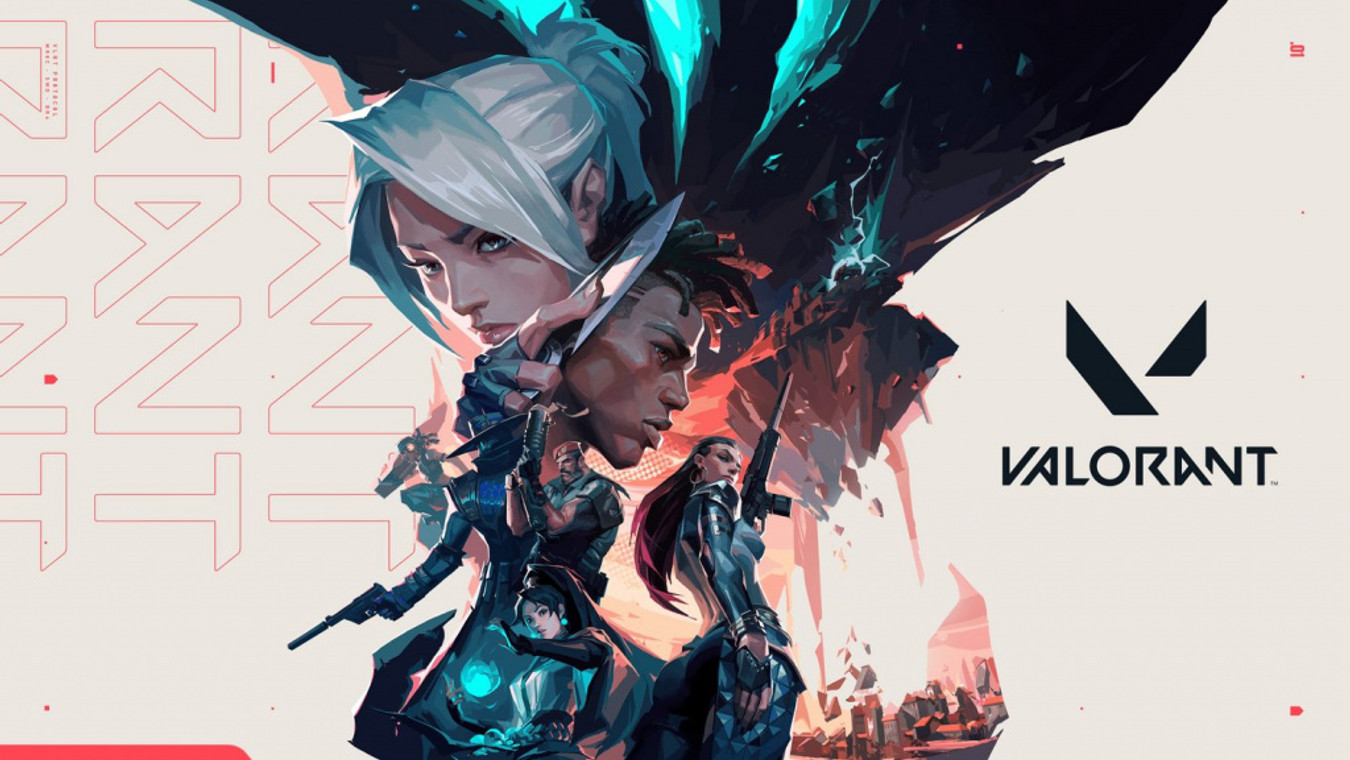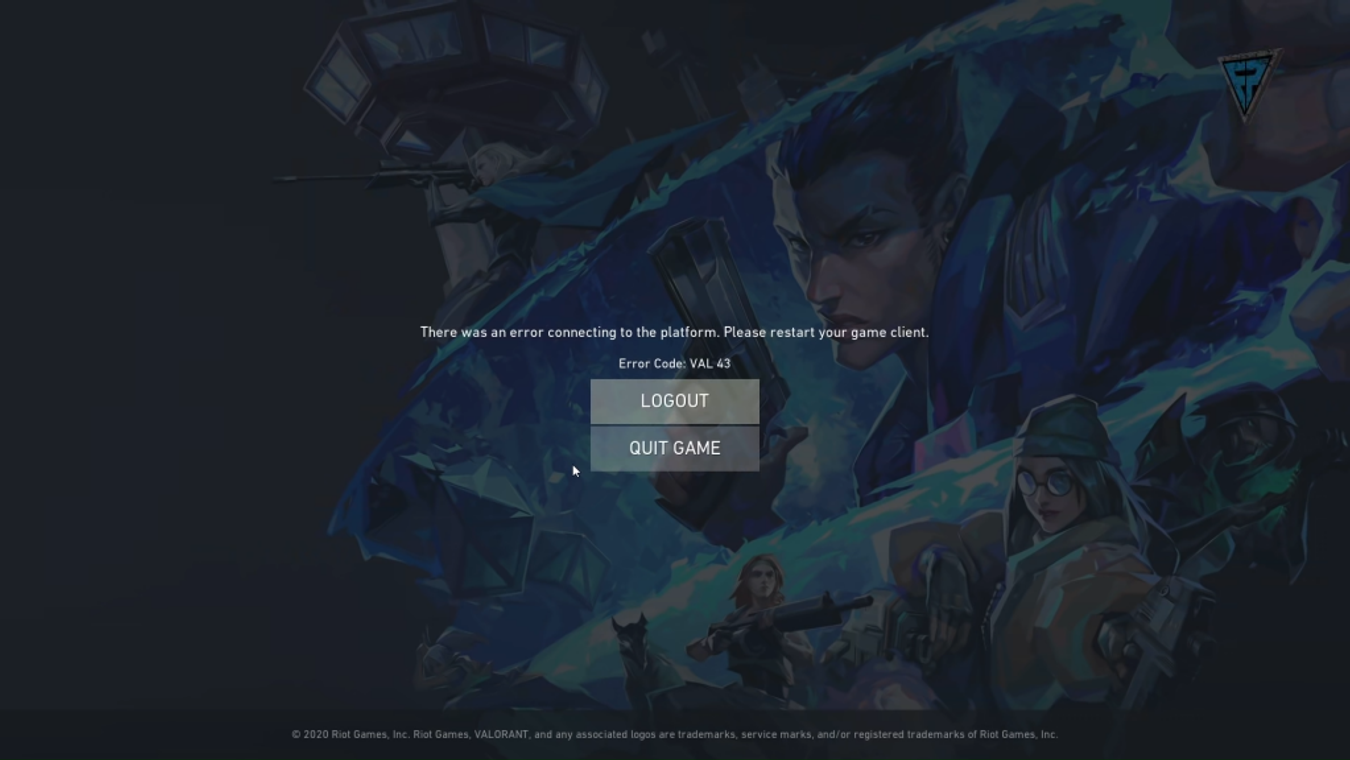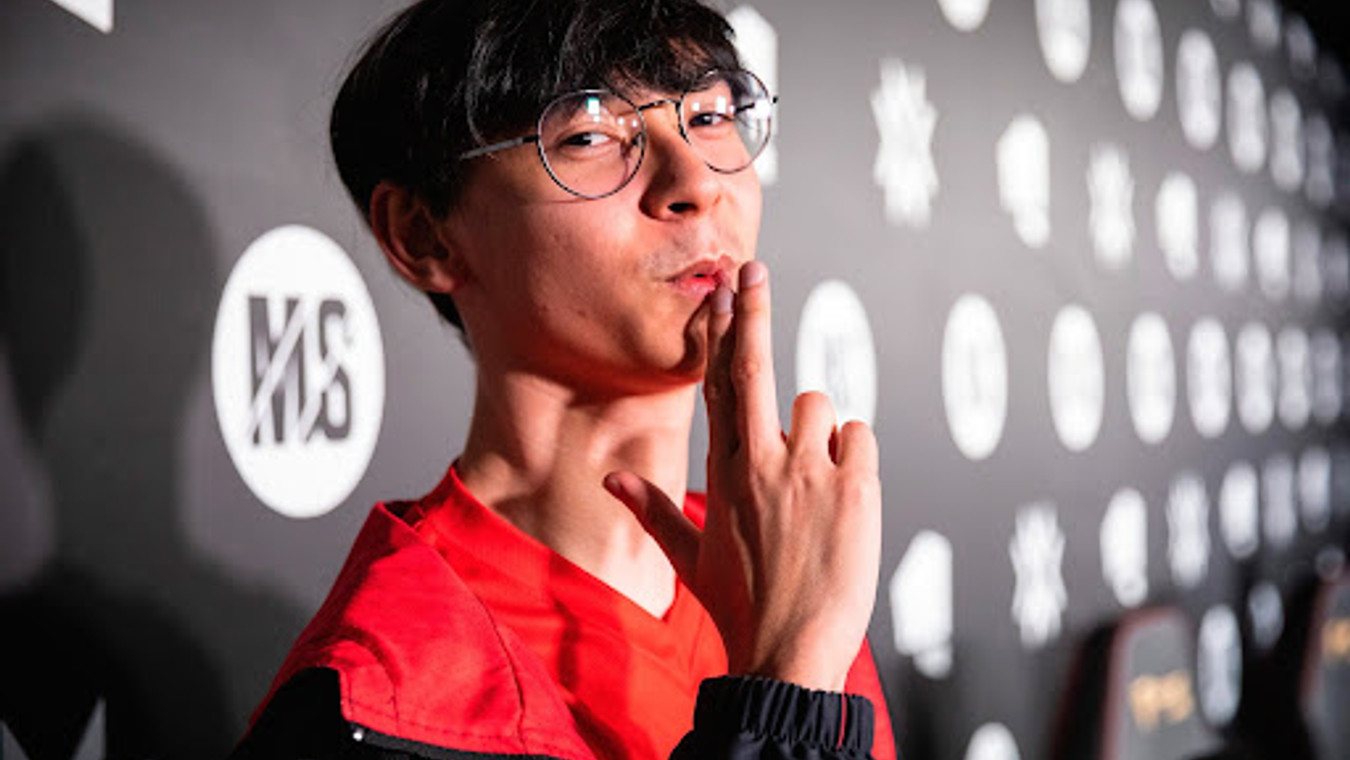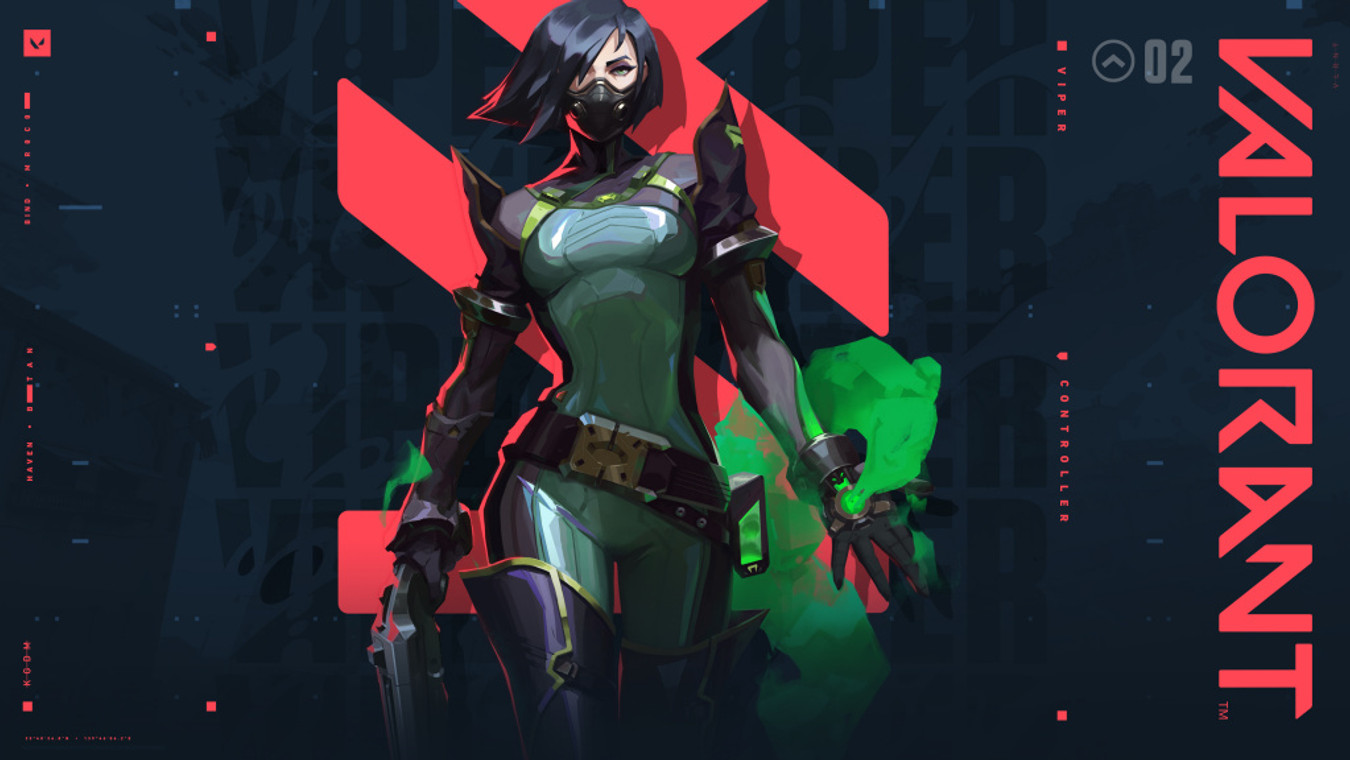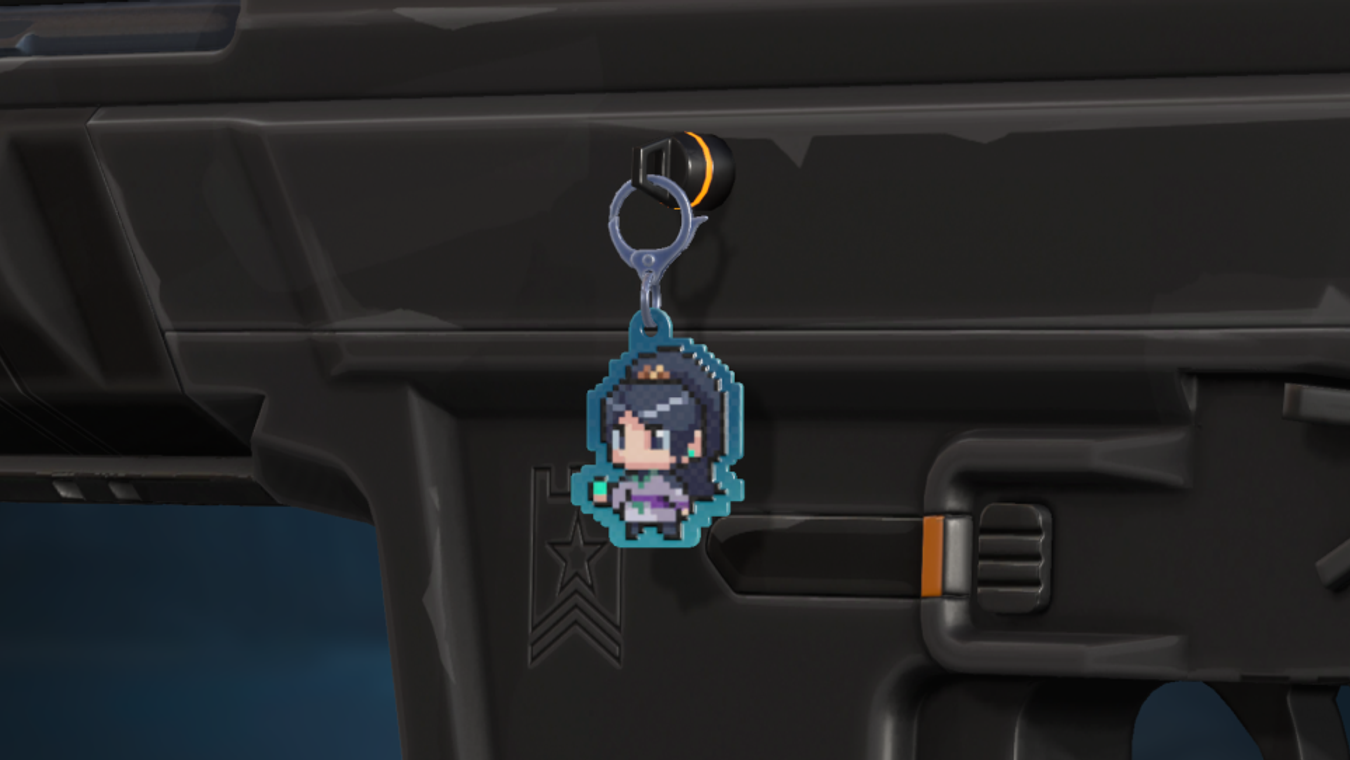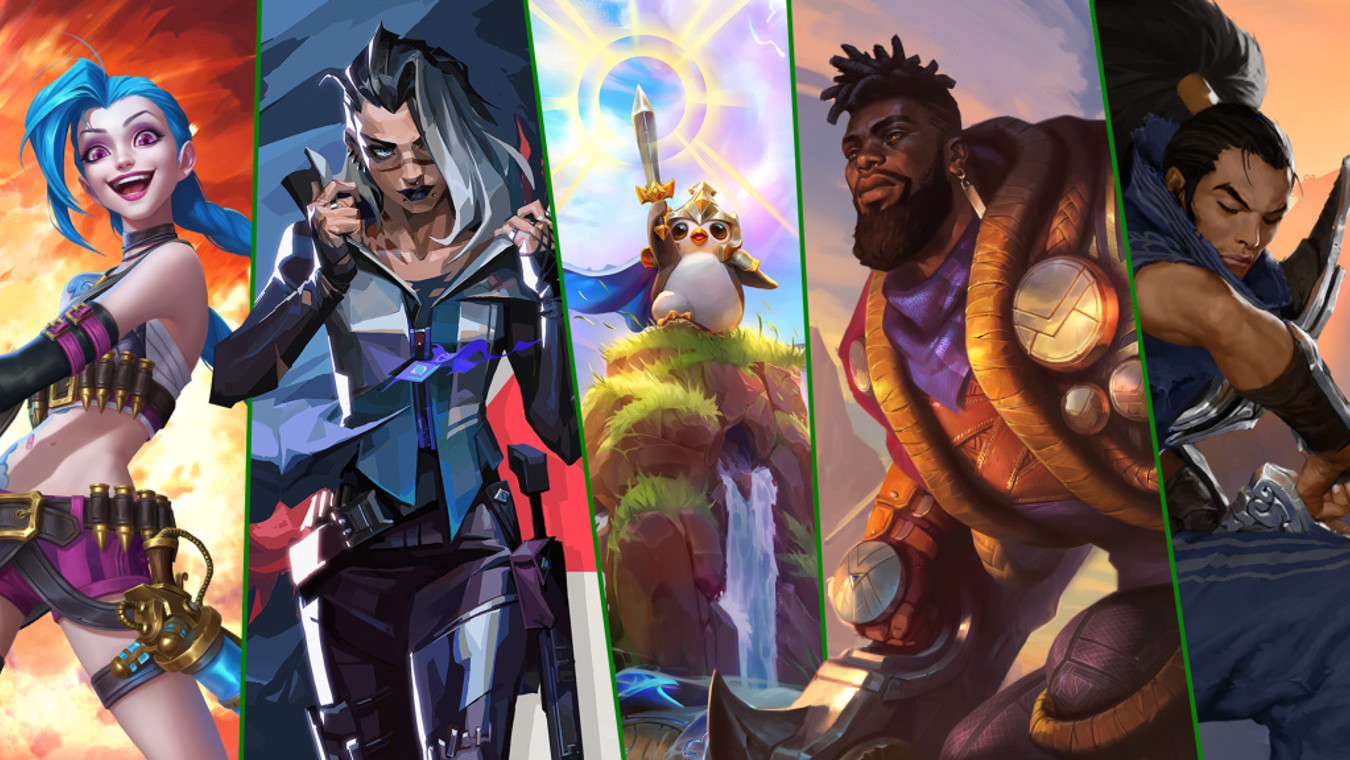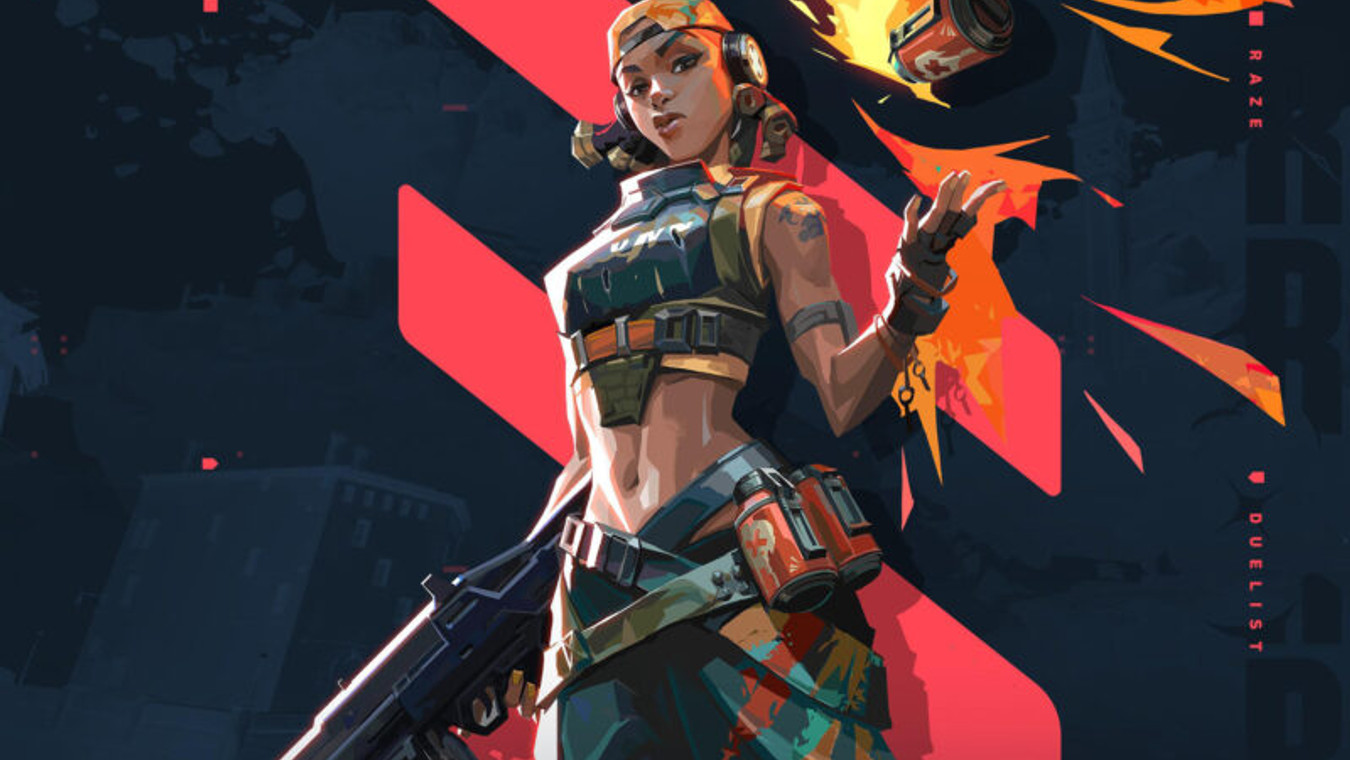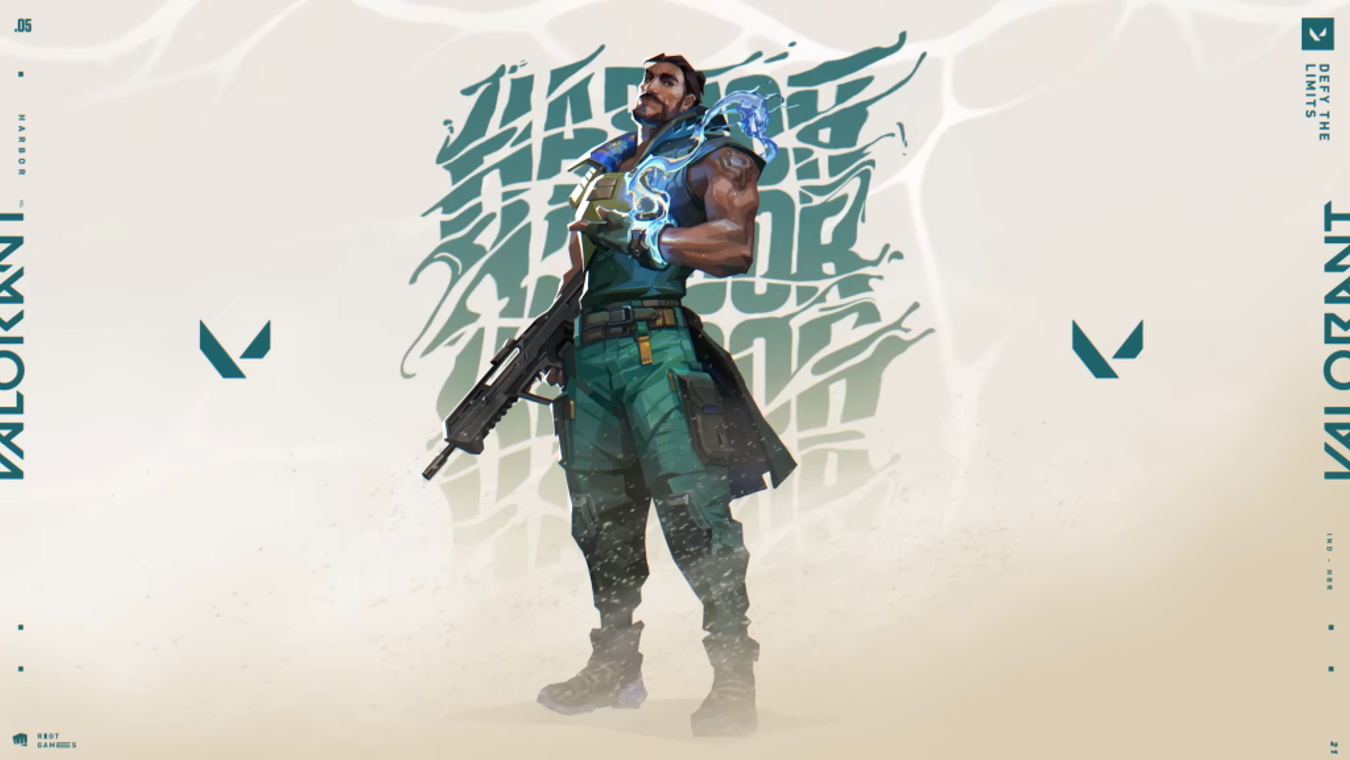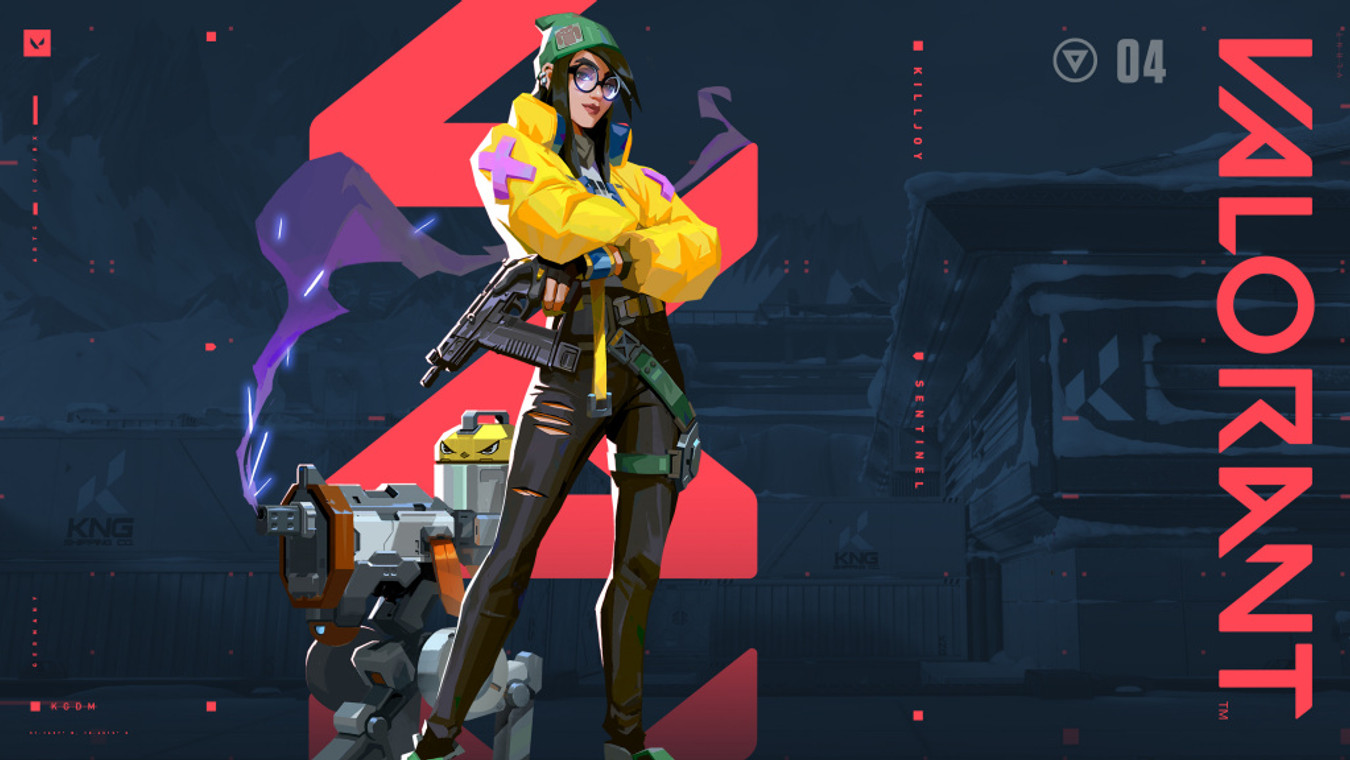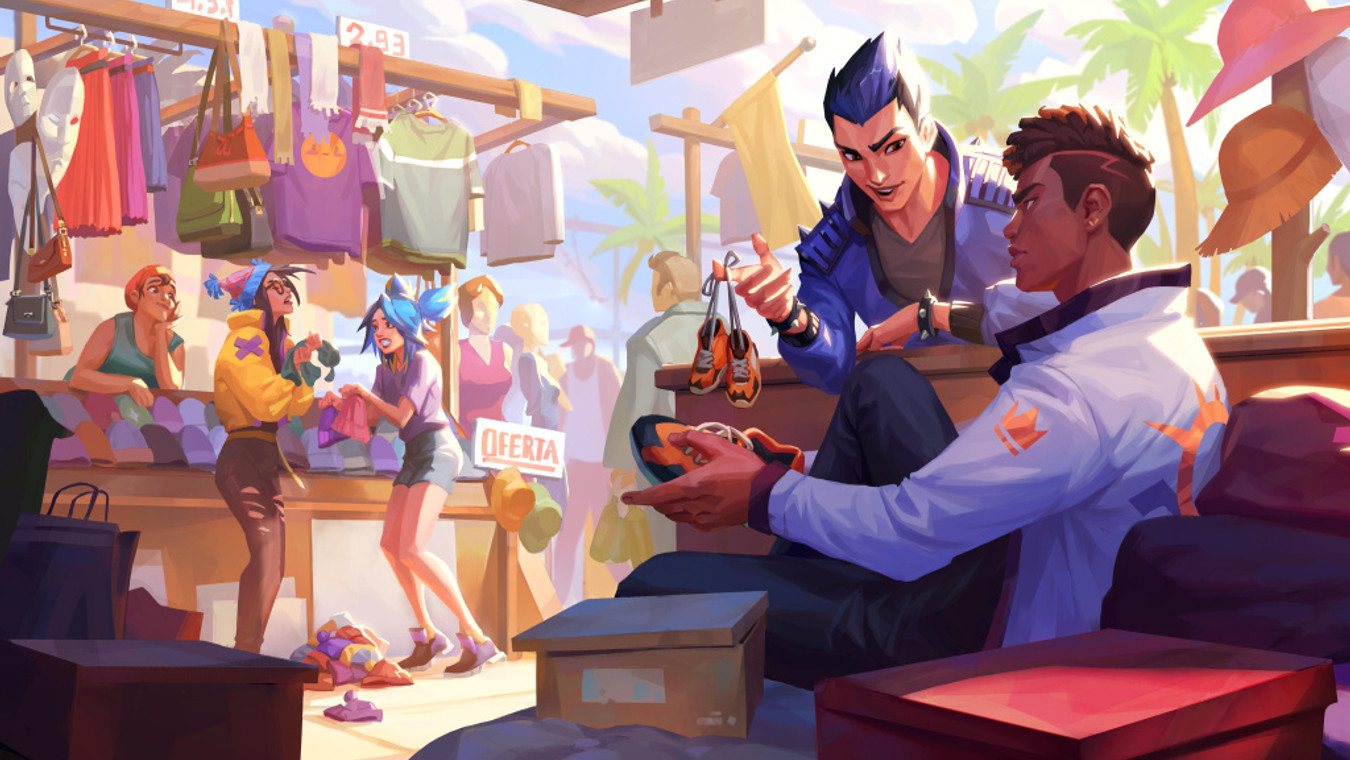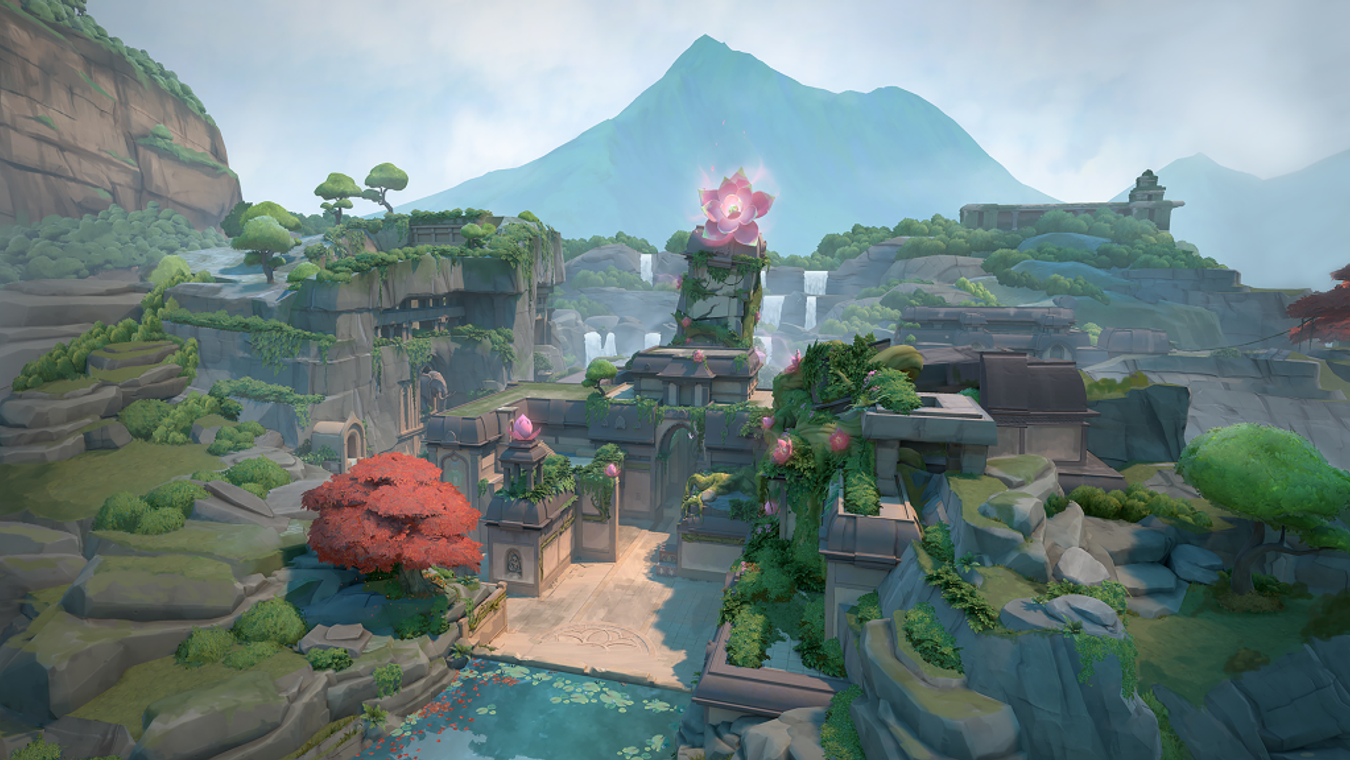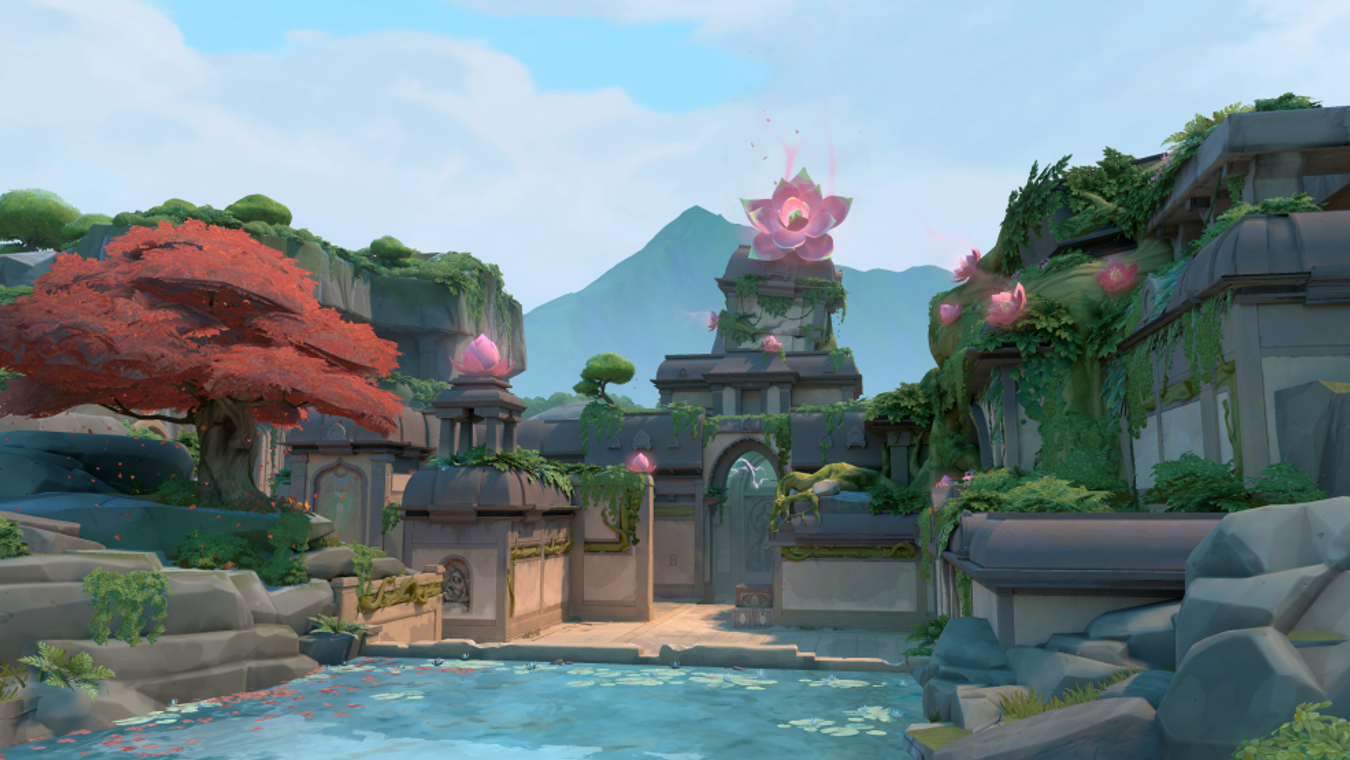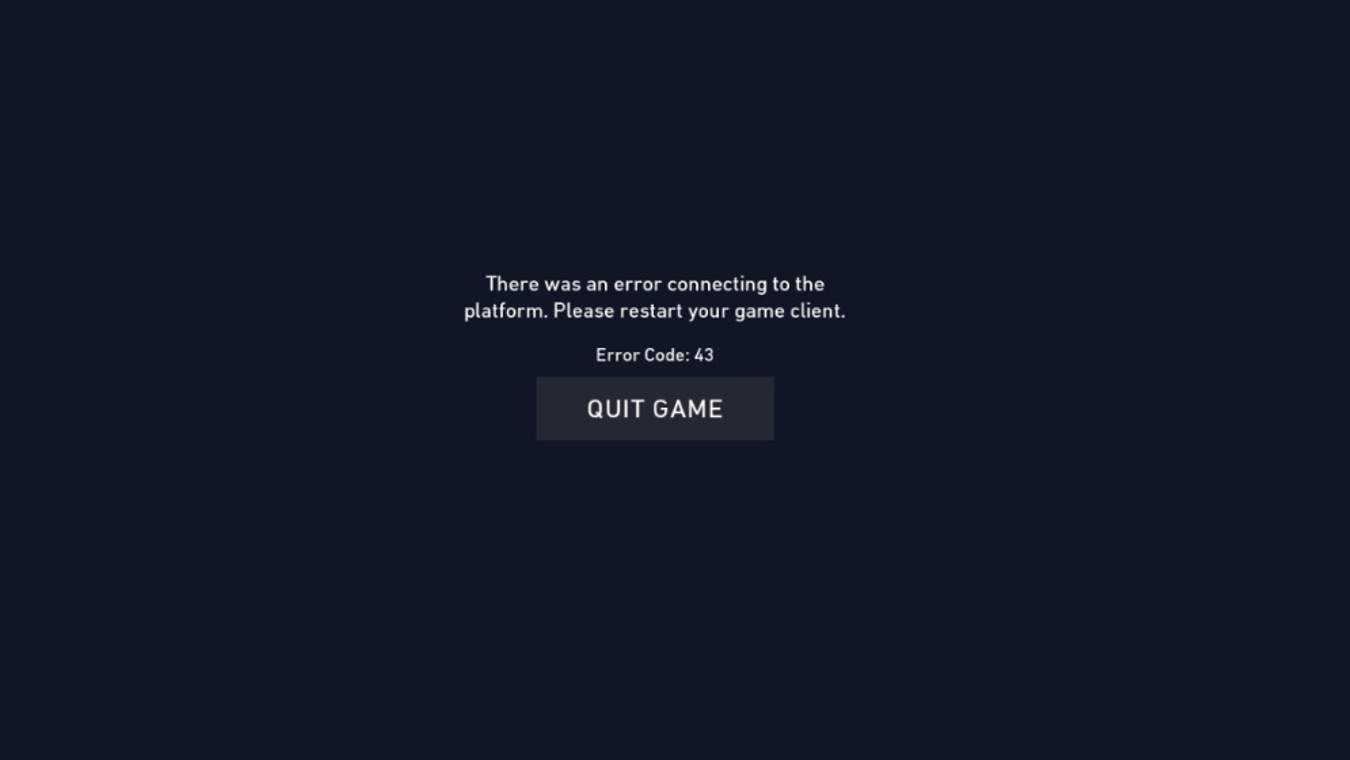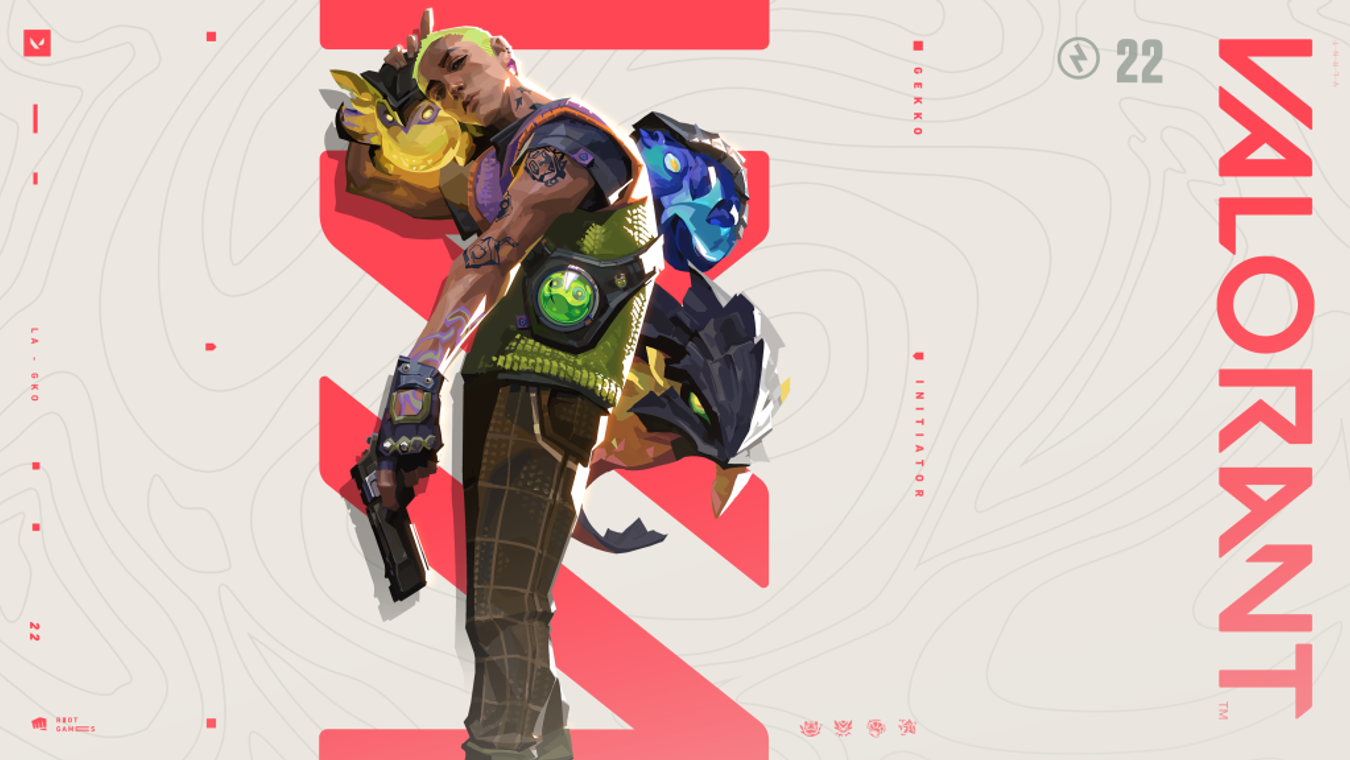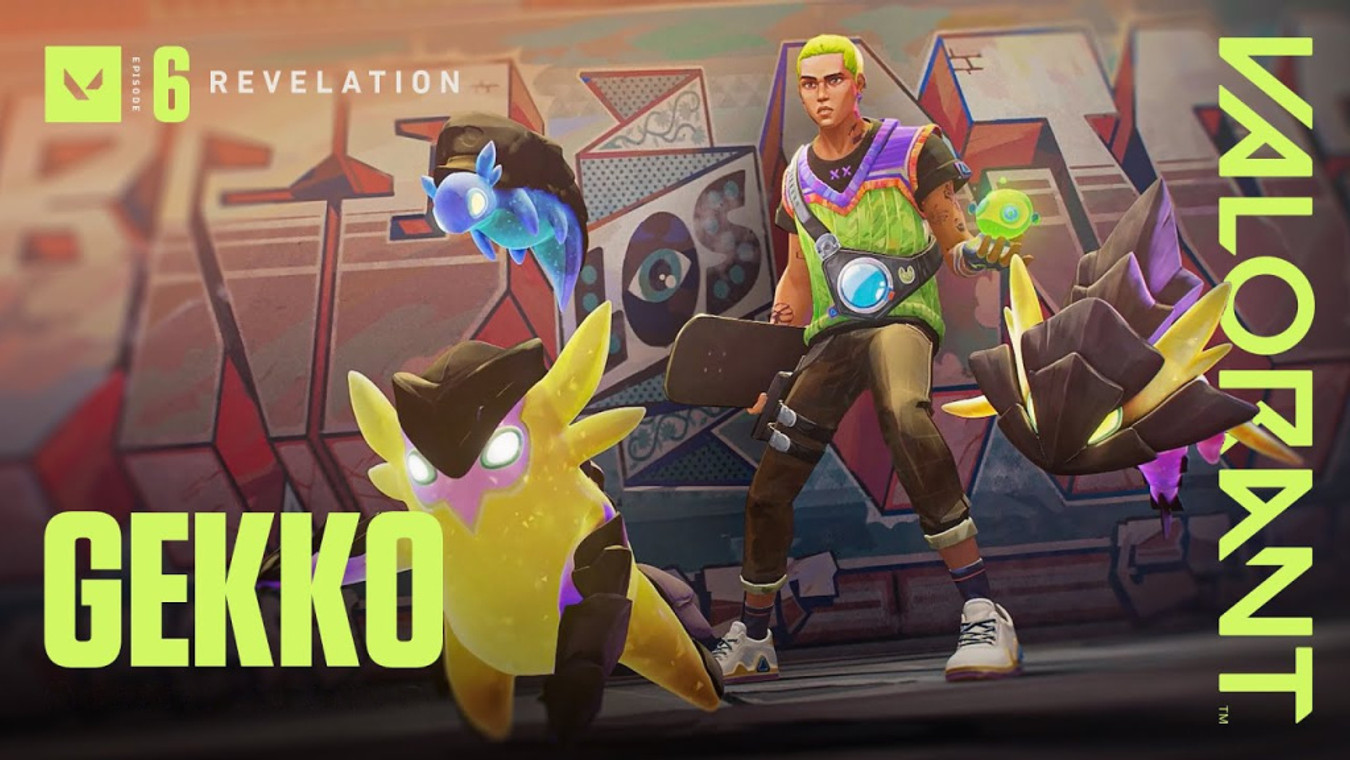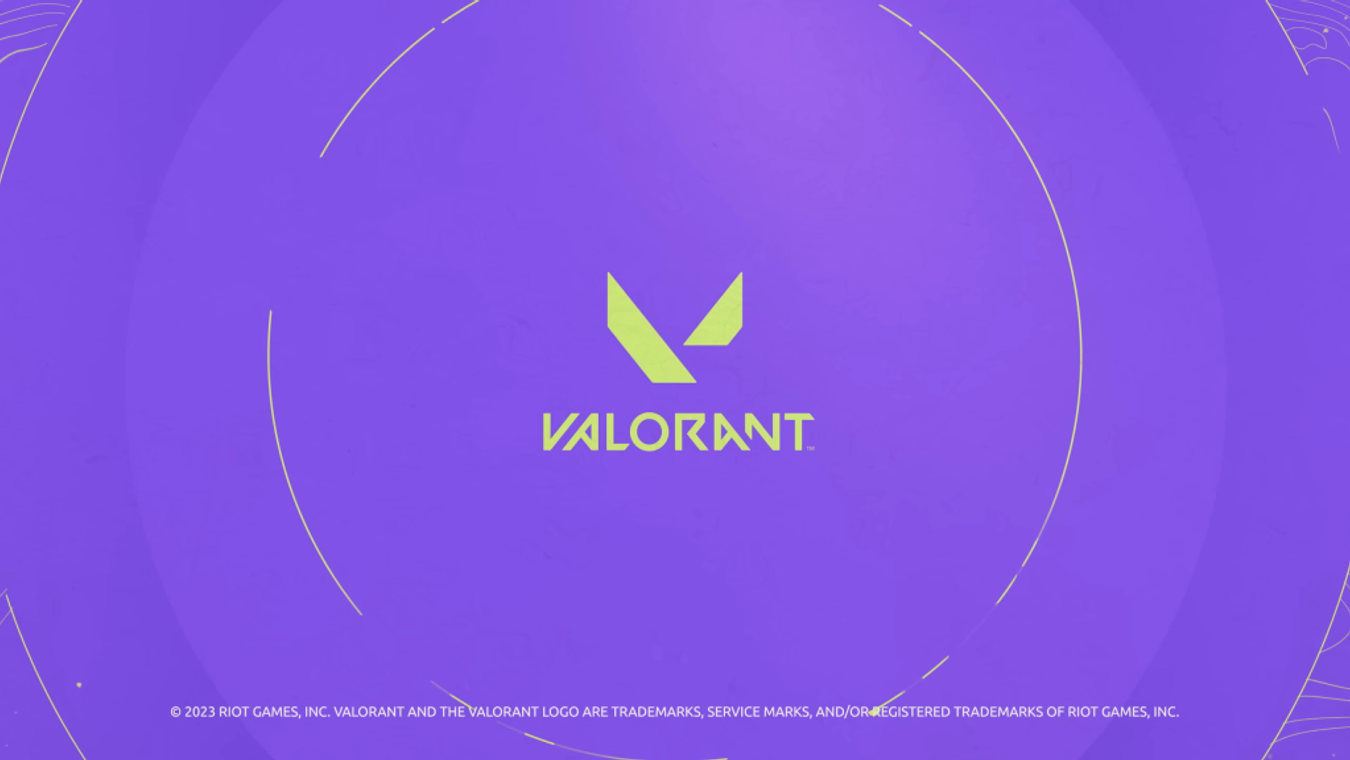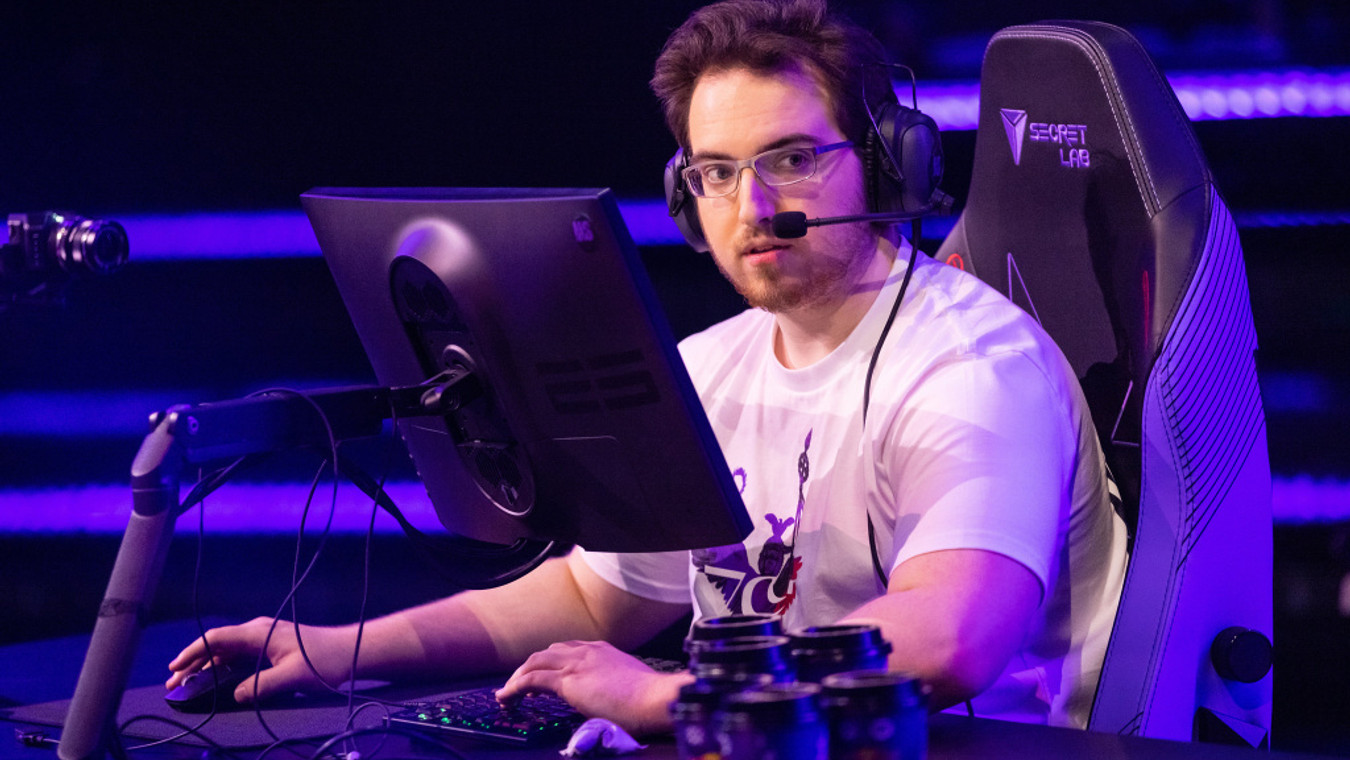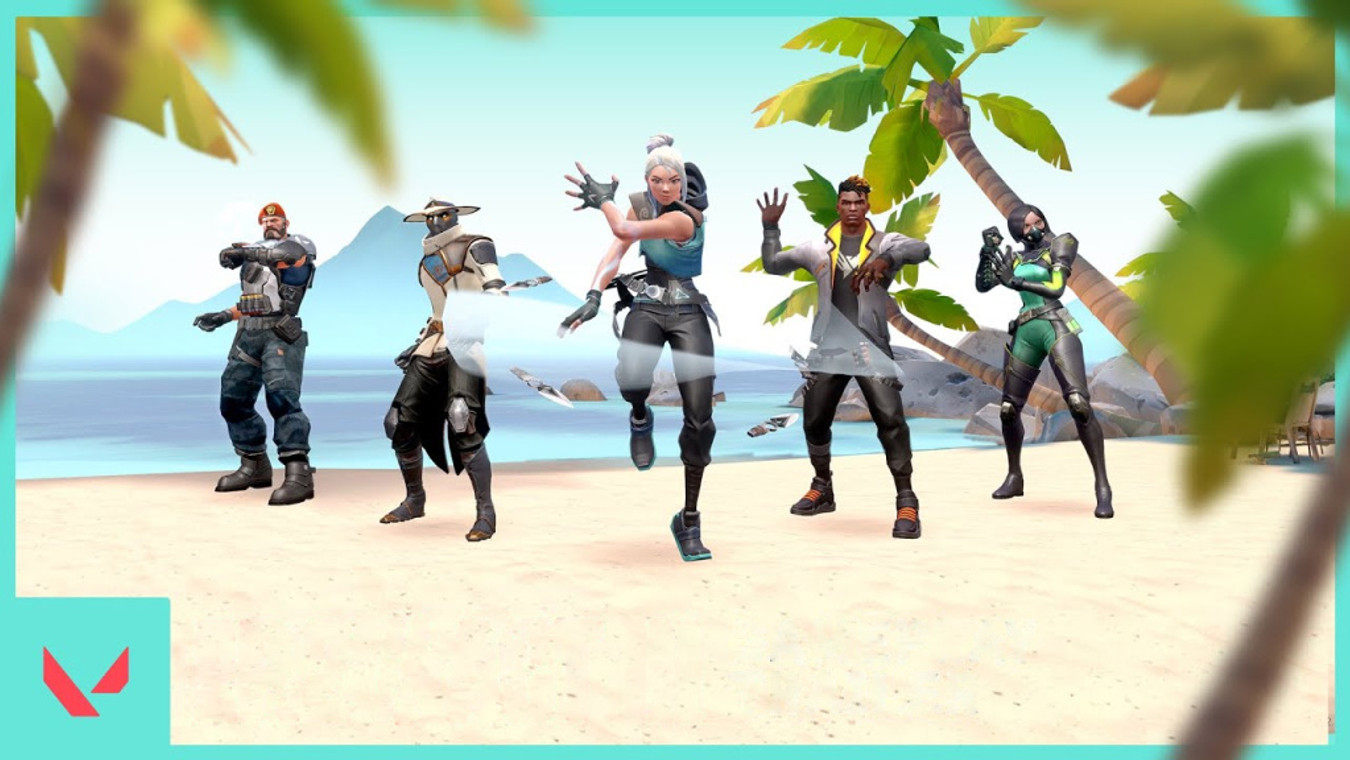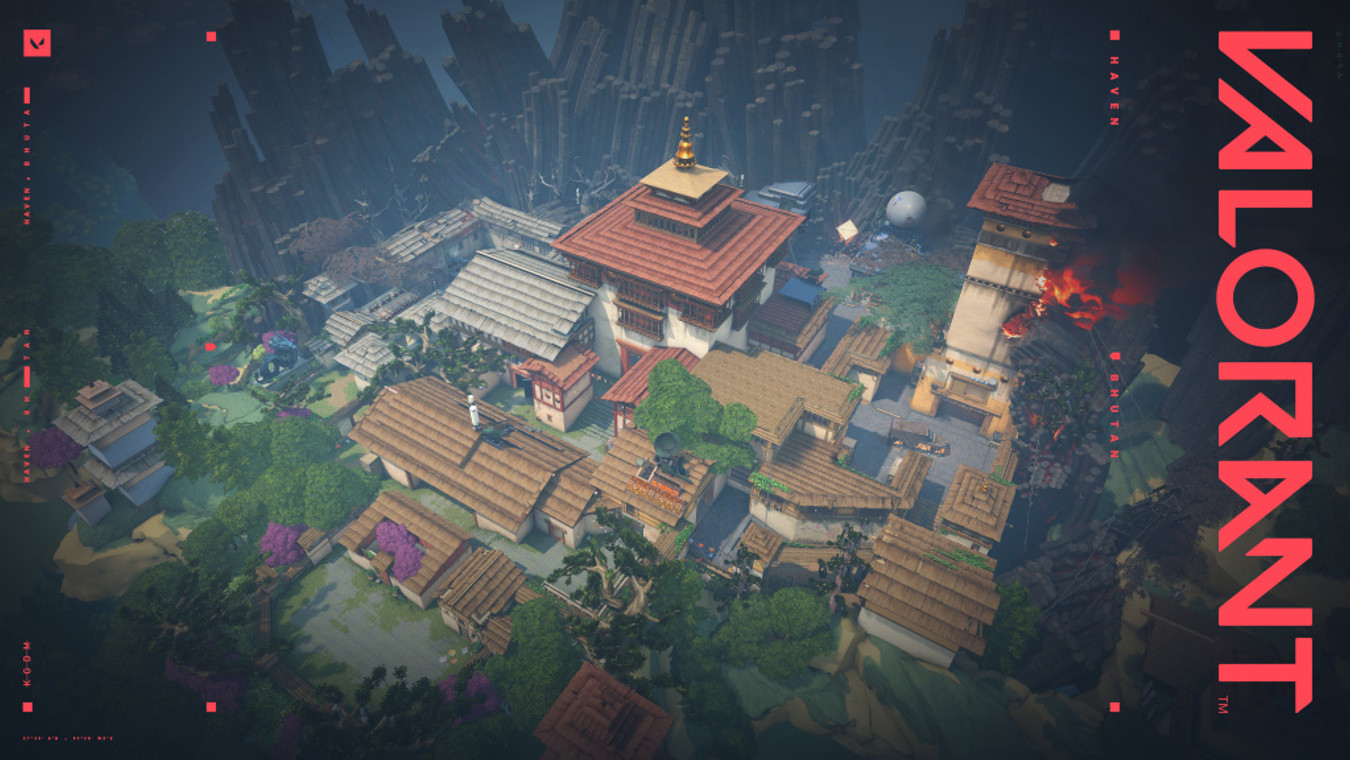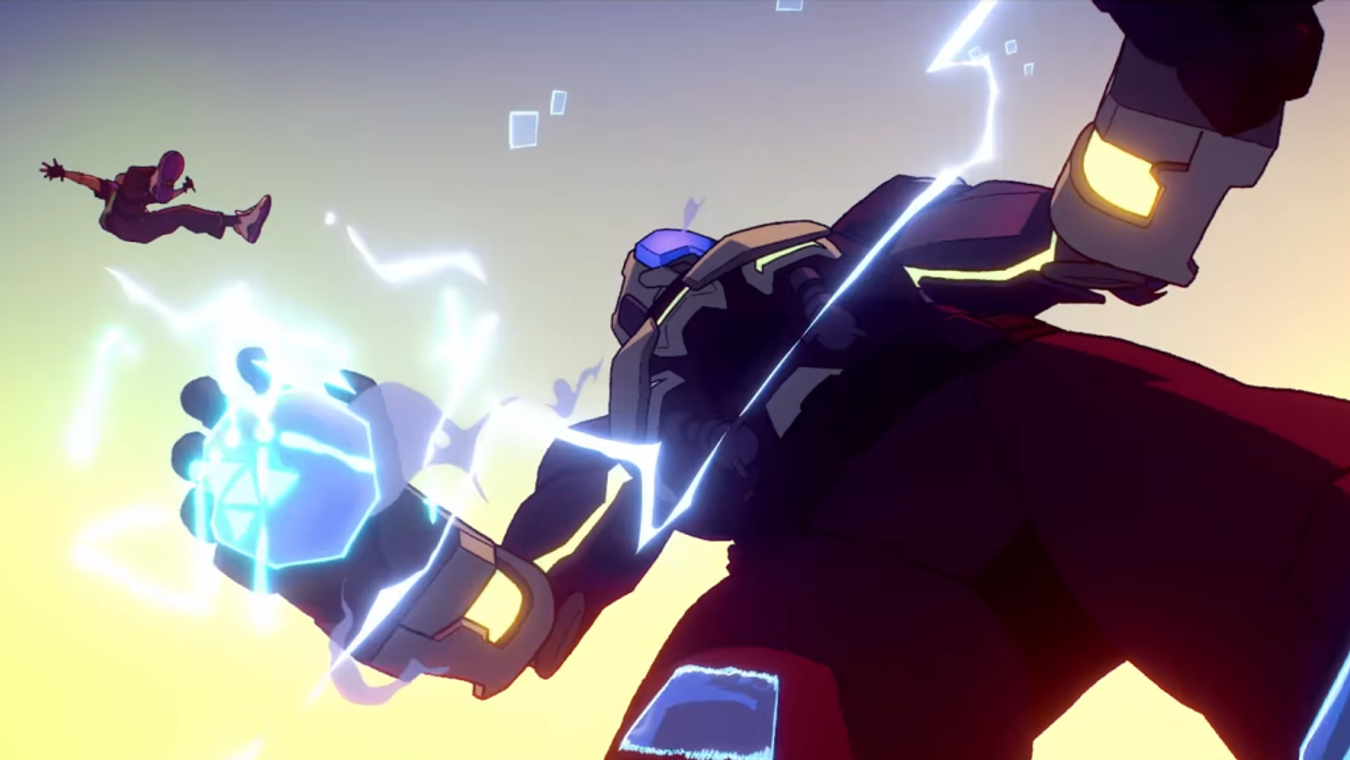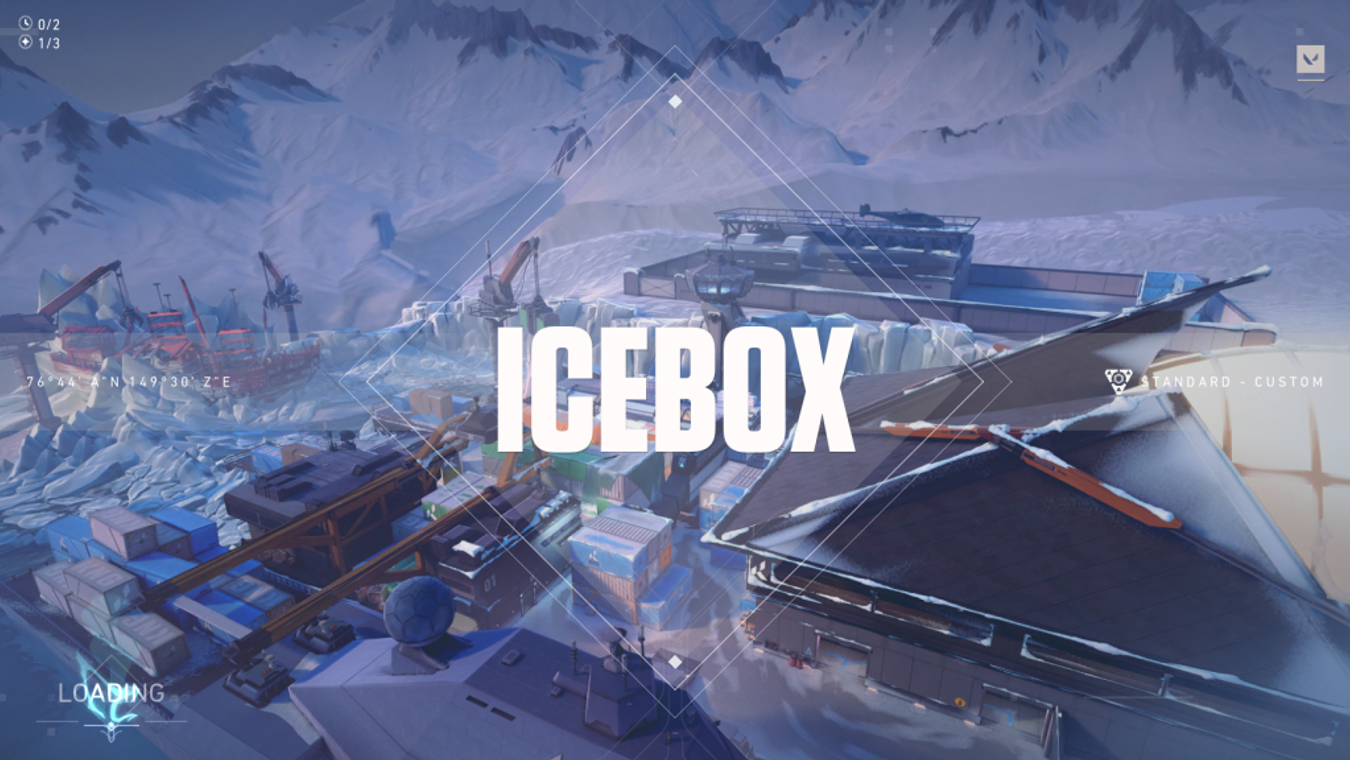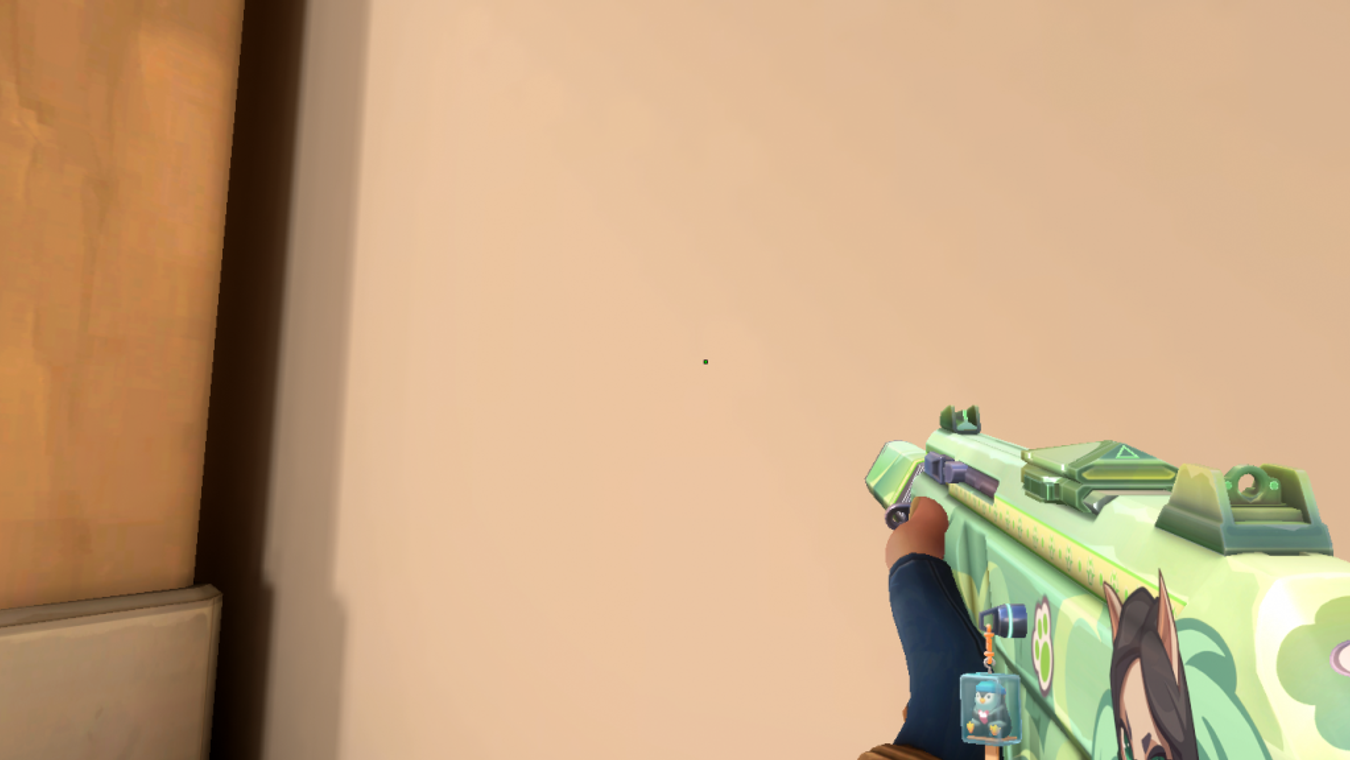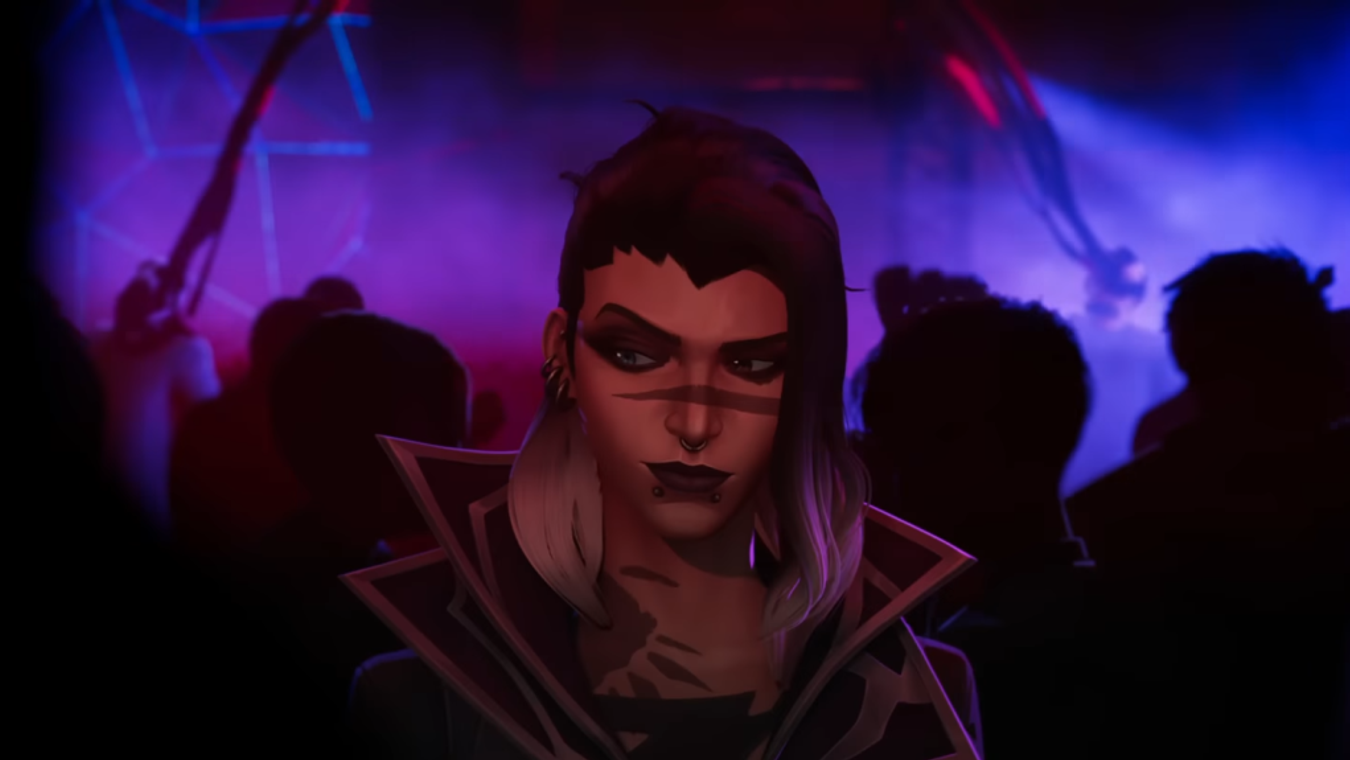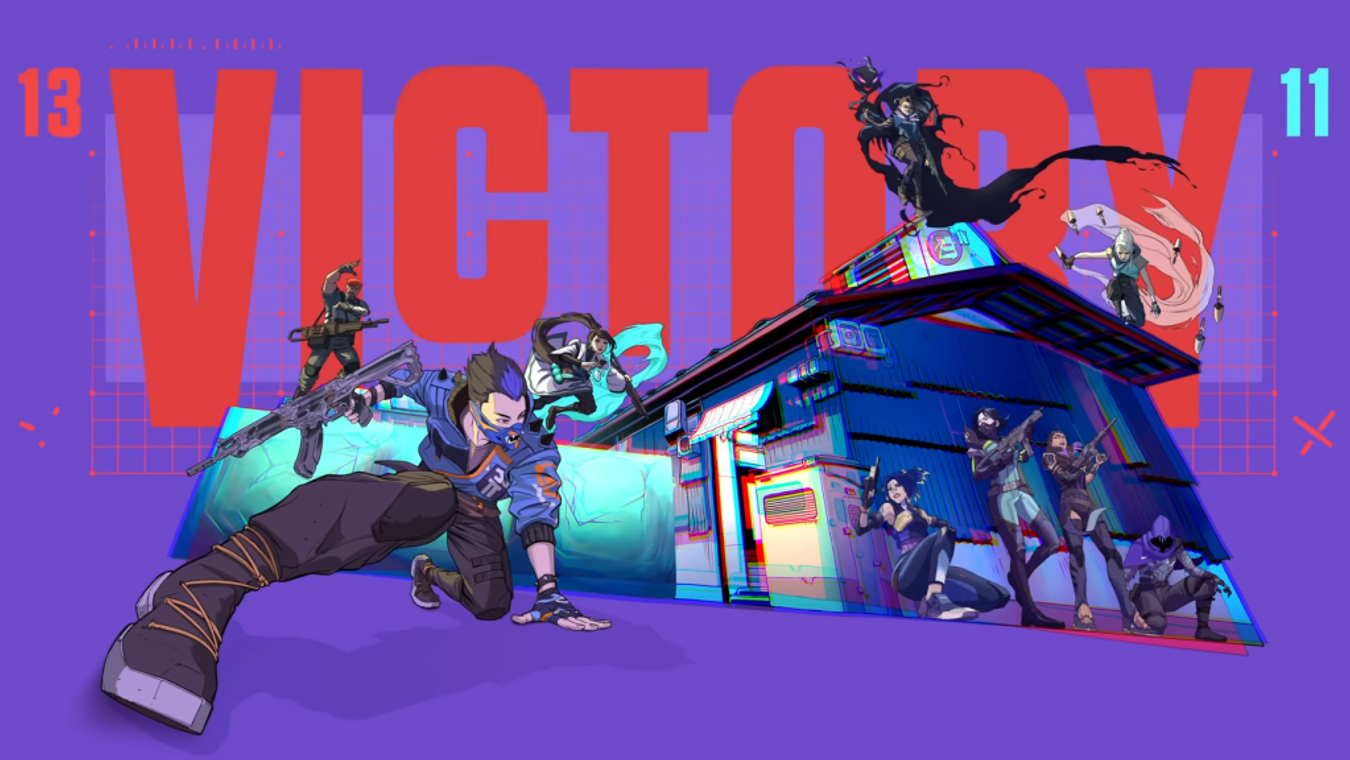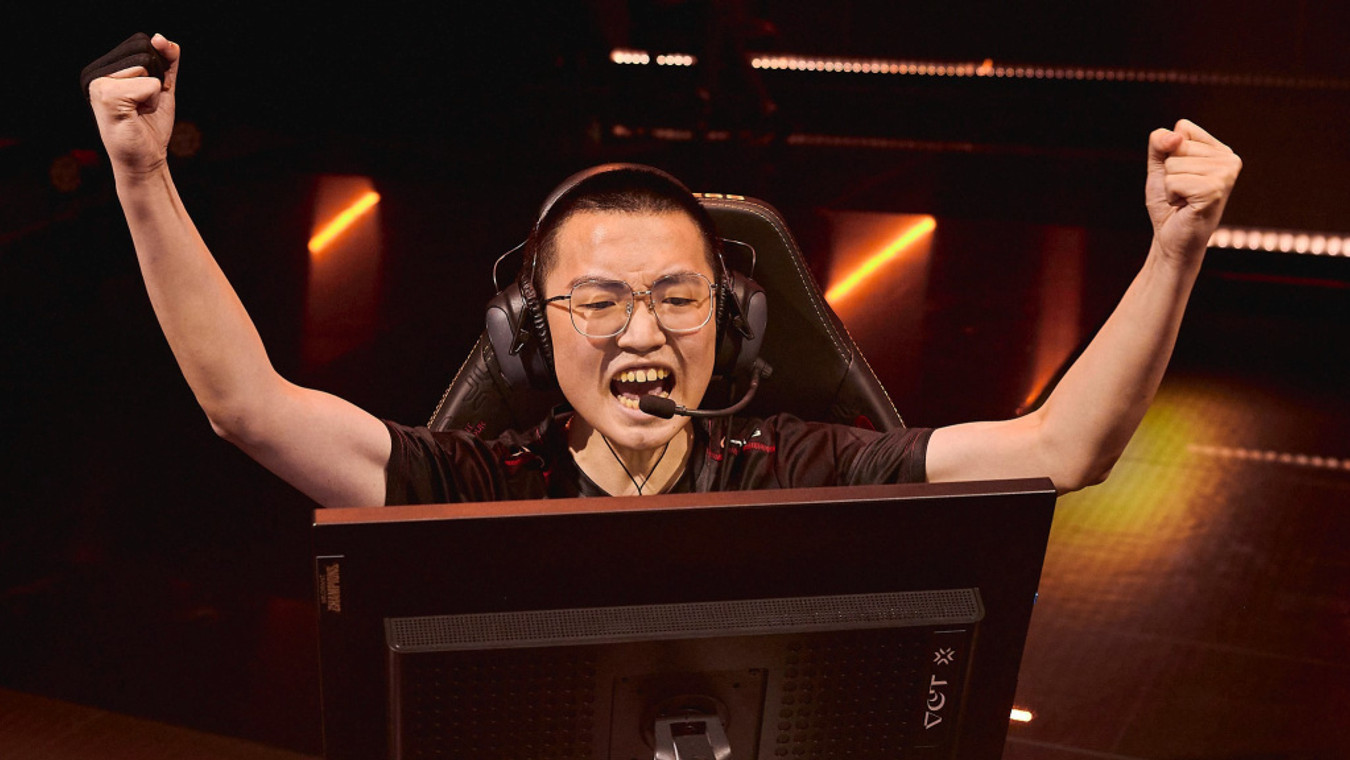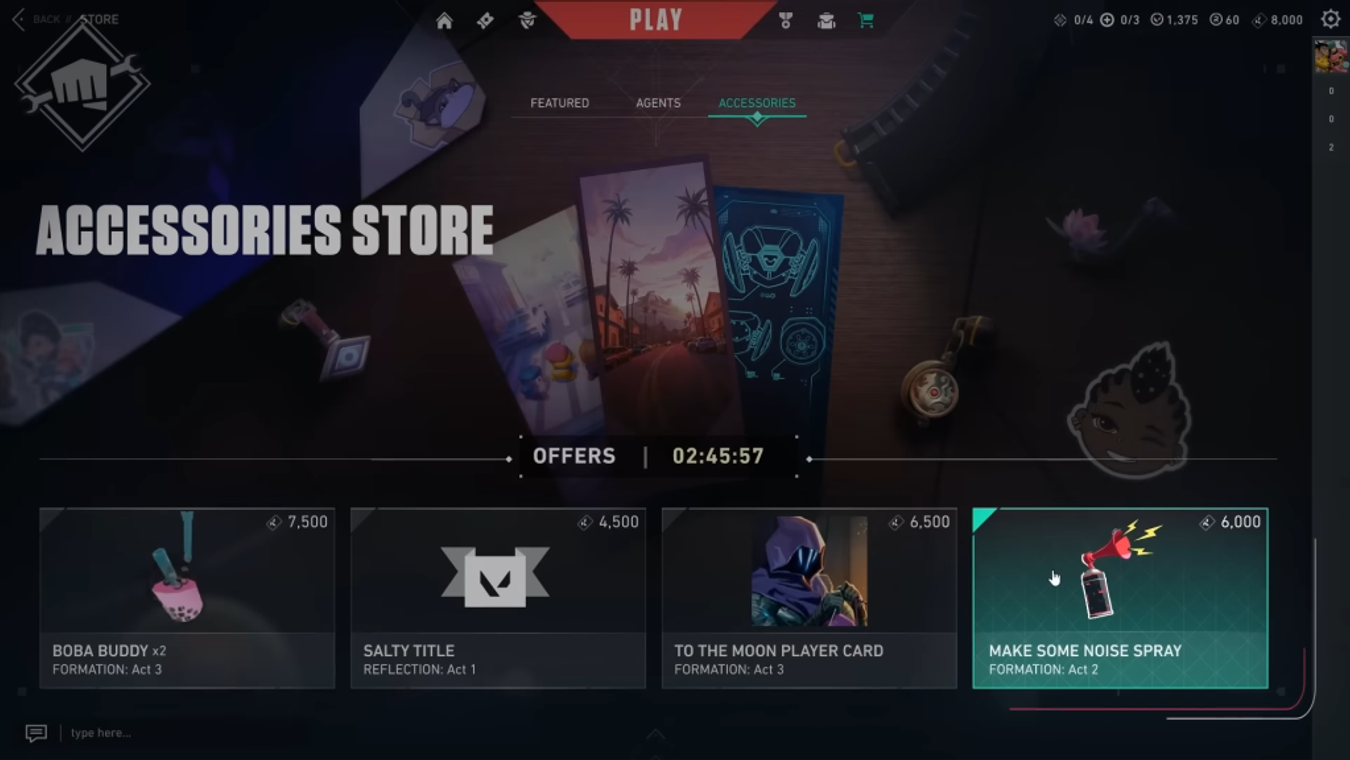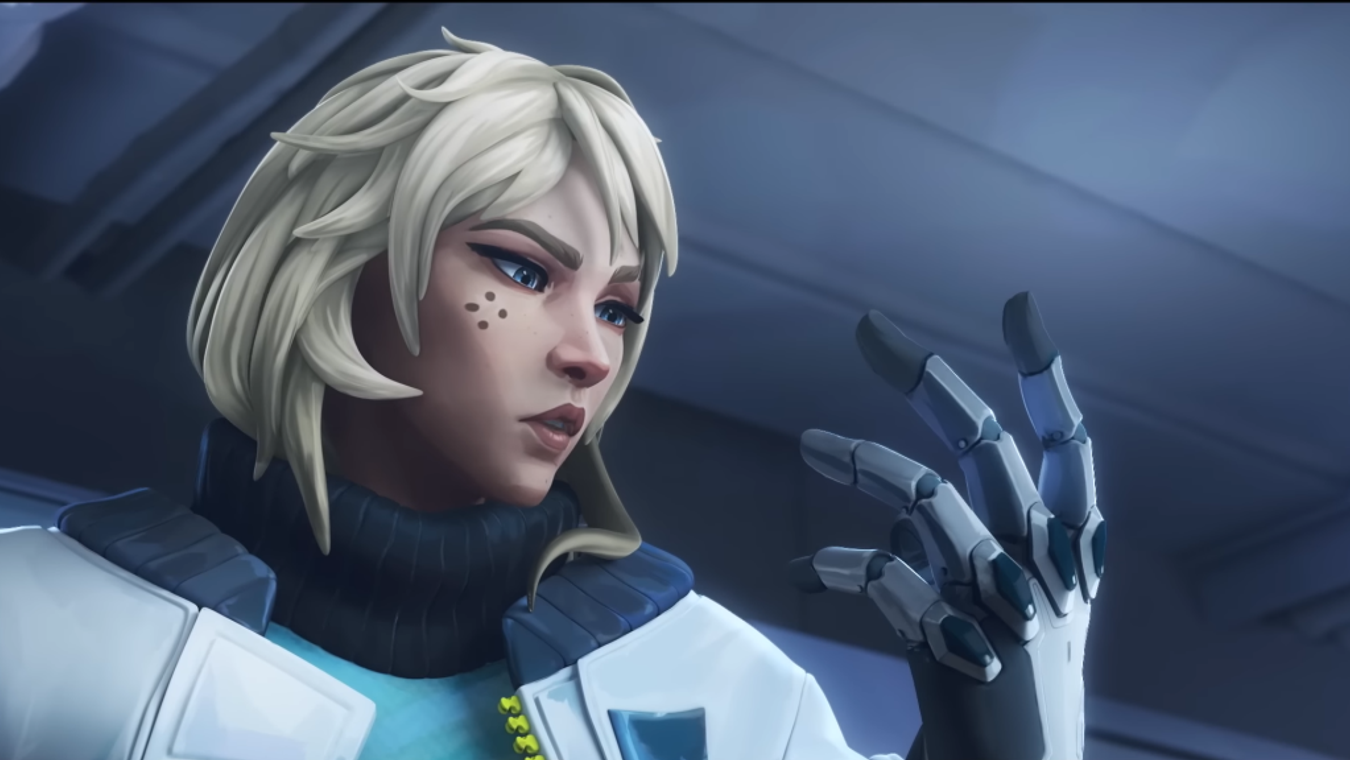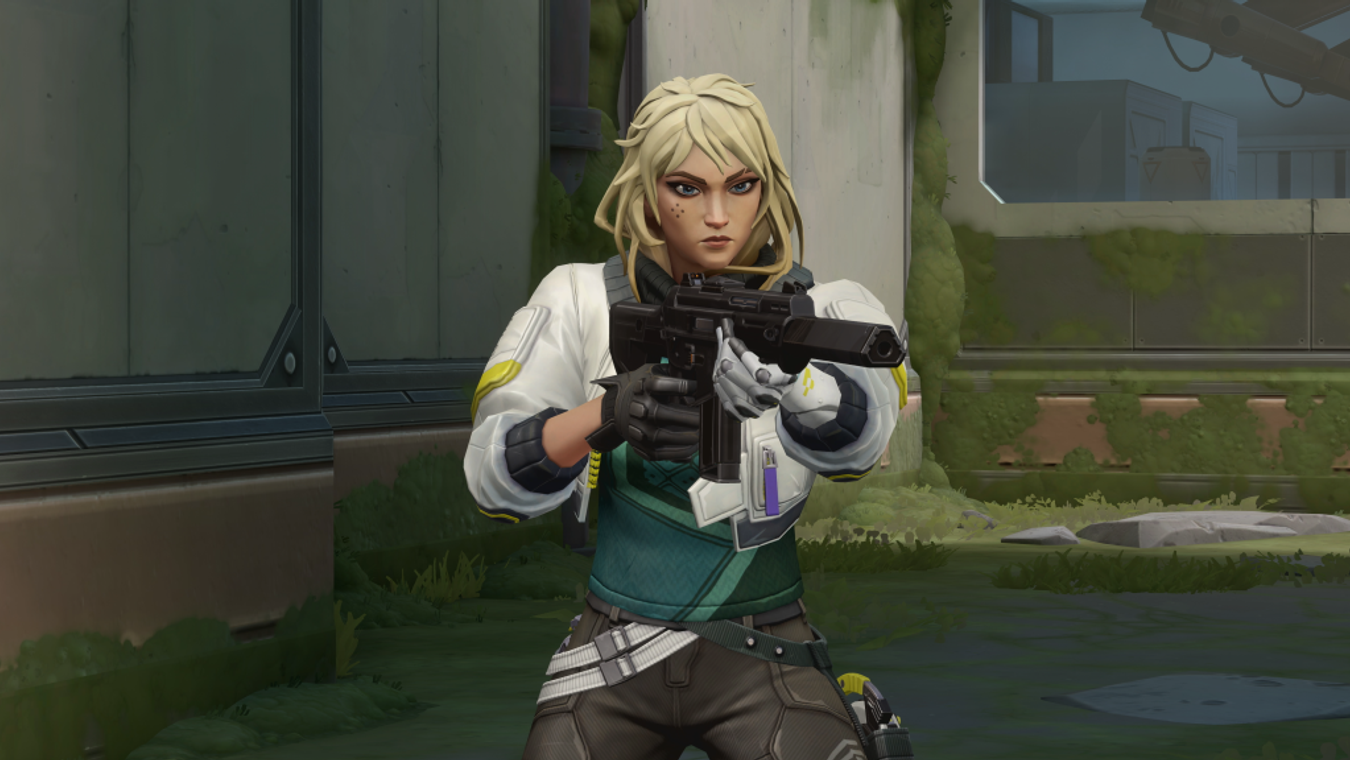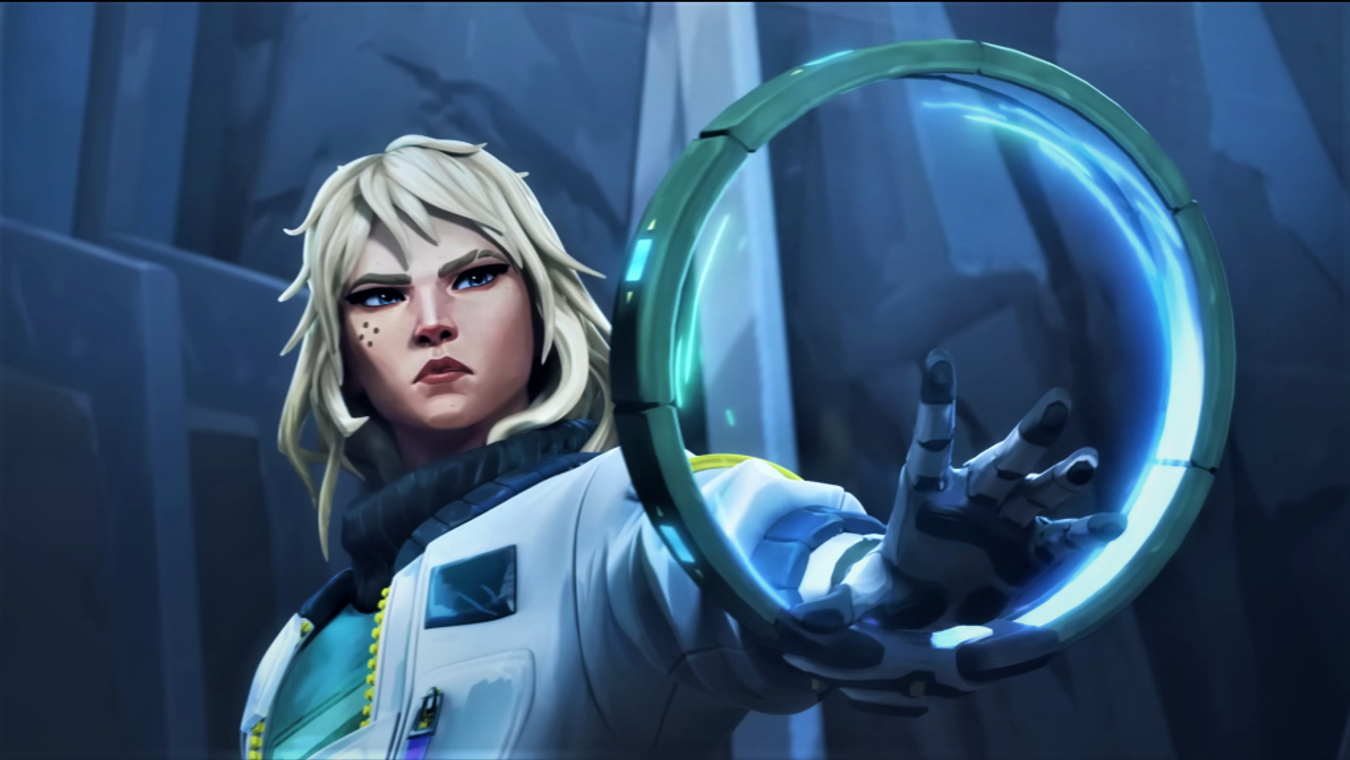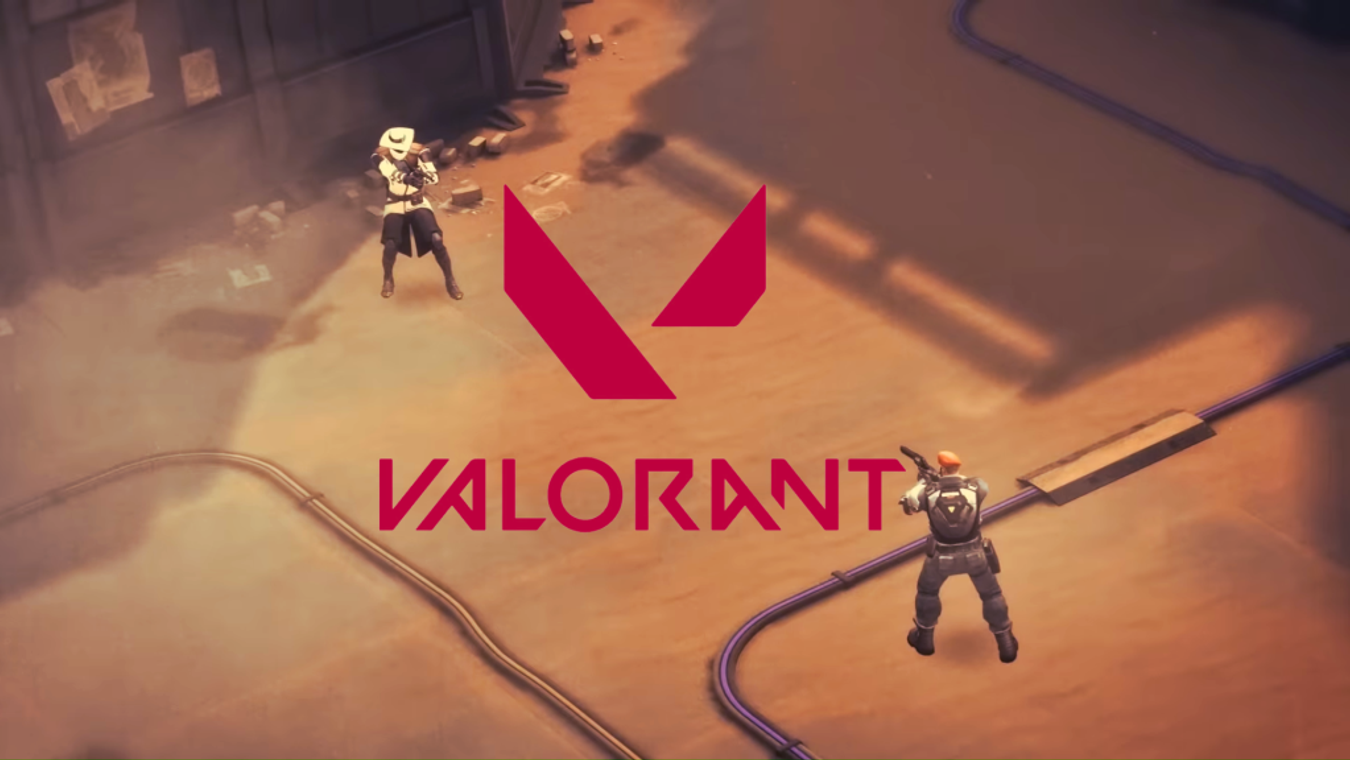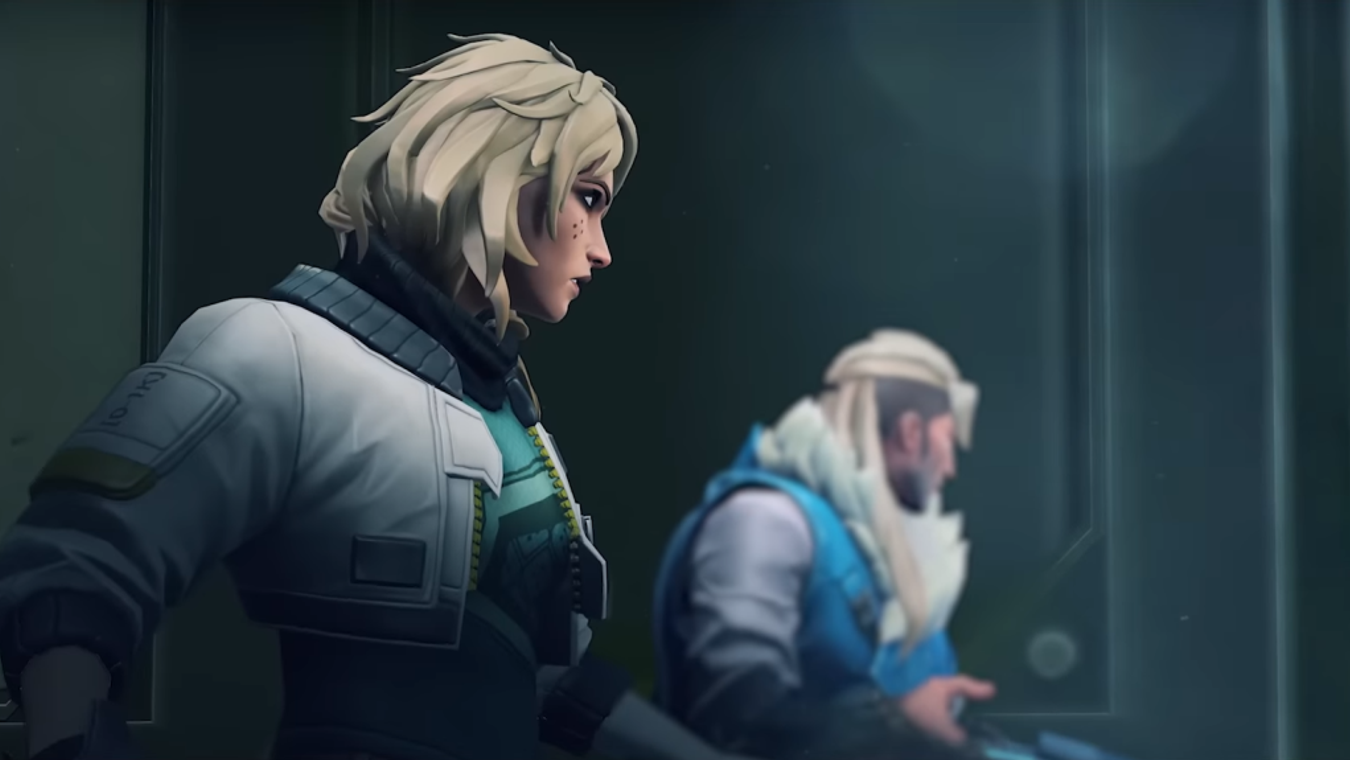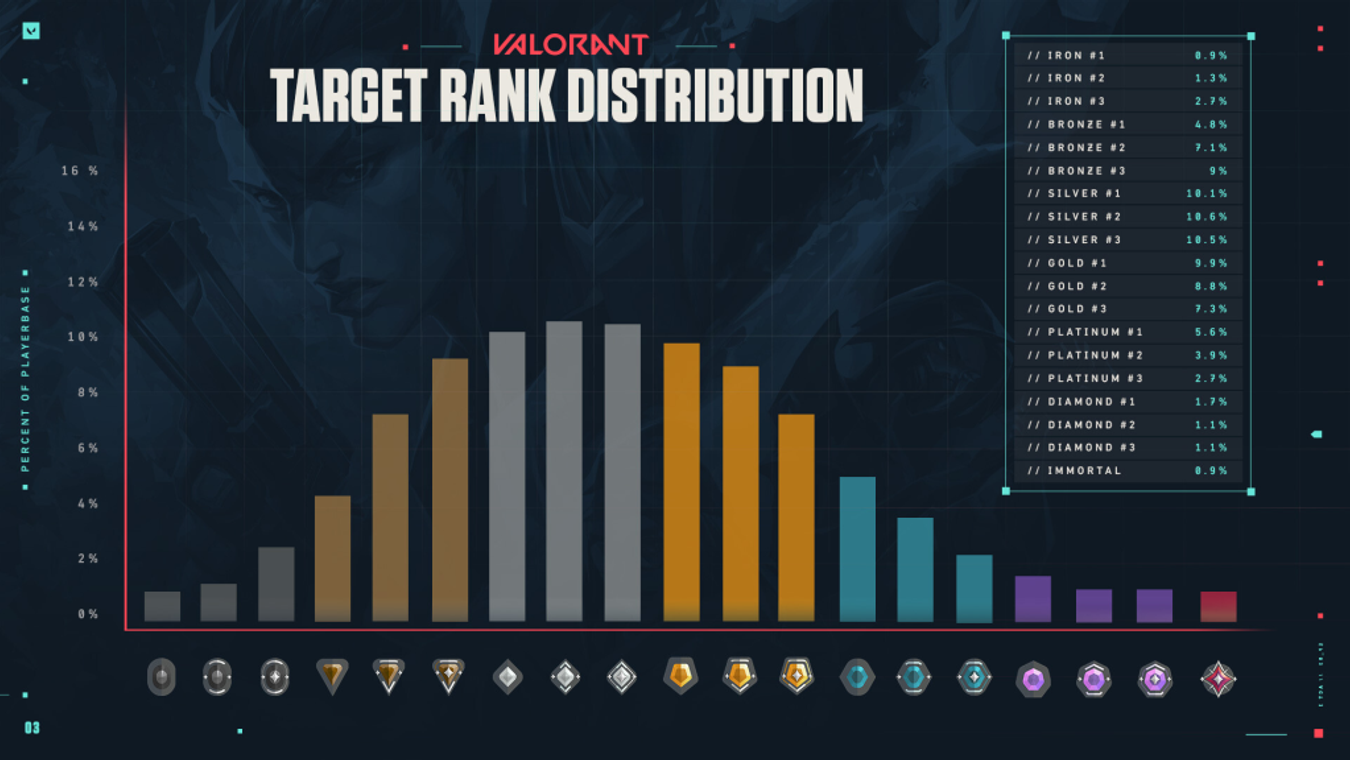Riot Games' tactical shooter Project A was confirmed as Valorant and released to the world in June 2020.
Riot Games had been known in the gaming industry as the creators of League of Legends, the incredibly successful riff on DOTA 2, for well over a decade. As the 10th anniversary of their MOBA came close, the developers decided to branch out.
As part of their aggressive expansion (no bonus points for getting that reference), Riot unveiled an overload of new projects in 2019, most based on characters from their LoL universe. First came Teamfight Tactics, their take on Dota Auto Chess, then a mobile League of Legends version, Wild Rift, and even a card game, Legends of Runeterra.
The most interesting project was undoubtedly Project A, a new tactical shooter that set out to mesh the best of what games like CSGO and Overwatch had to offer.
Part of what made the thought of a Riot developed shooter exciting was that, unlike other spinoffs, it would introduce a whole new cast of characters independent from the iconic League roster. More details.
Valorant story
League of Legends has a rich and ever-expanding mythology, from spin off titles to hit TV shows like Netflix's Arcane, it feels like every character in said universe has a story to tell. But what about Valorant?
Is there a story-related reason as to why opposing teams can have two Vipers or Jetts? What are they even fighting for? Turns out, Valorant has answers to all of this and more.
It all starts with the First Light global event. It transformed the way humanity developed, leading to massive advancements in technology and life itself. Eventually, a few chosen ones started to acquire superhuman abilities, these people were later dubbed Radiants.
A shadow organisation known as the VALORANT Protocol started to recruit some of these superpowered people and trained them to become Valorant Agents, utilising a mix of their own Radiant abilities and Radiant-powered tech.
The first big operation Valorant Agents were involved with happened in Venice, where Phoenix gave chase to an alternate version of Jett who was trying to detonate a Spike. Despite his best efforts, Phoenix fails and Jett blows up Venice as a result.
In a subsequent cinematic, Riot Games made mirror Agents cannon, when Phoenix, Killjoy, and Viper were deployed to a new operation in which they managed to defuse a Spike, only for Phoenix to realise an alternate version of him had set it up.
What are the PC system requirements For Valorant?
If either the gameplay or story caught your attention, these are the minimum system requirements you'll need to run Valorant.
- Windows: 7/8/10 64-bit
- RAM: 4GB
- VRA: 1GB
|
Minimum Specs (30FPS) |
Recommended Specs (60FPS) |
High End Specs (144+ FPS) |
|
|
CPU |
Intel Core 2 Duo E8400 (Intel), Athlon 200GE (AMD) |
Intel i3-4150 (Intel), Ryzen 3 1200 (AMD) |
Intel i5-9400F 2.90GHz (Intel), Ryzen 5 2600X (AMD) |
|
GPU |
Intel HD 4000, Radeon R5 200 |
Geforce GT 730, Radeon R7 240 |
GTX 1050 Ti, Radeon R7 370 |
How much does it cost to Play Valorant?
In line with other Riot Games' titles, Valorant is completely free-to-play. All microtransactions available are only for cosmetics, such as weapon skins, sprays, player banners, and more.
When a new Agent is released, players can progress through the Agent pass to unlock them without investing a dime, however, they can purchase tiers with real-life currency to expedite the process.
The game boasts both skin collections, which usually range from economic tiers to high-end premium cosmetics, and a battle pass available for each new Act. The battle pass features gun buddies, skins, sprays, player cards, player titles, and more.
Characters and Agents in Valorant
The roster in Valorant is ever-expanding, with new Agents being added steadily every few months by Riot Games. As of the time of writing, there are a total of 19 playable characters, divided into different roles.
-
Jett (Duelist)
-
Yoru (Duelist)
-
Phoenix (Duelist)
-
Reyna (Duelist)
-
Raze (Duelist)
-
Neon (Duelist)
-
Brimstone (Controller)
-
Viper (Controller)
-
Omen (Controller)
-
Astra (Controller)
-
Sage (Sentinel)
-
Cypher (Sentinel)
-
Killjoy (Sentinel)
-
Chamber (Sentinel)
-
KAY/O (Initiator)
-
Breach (Initiator)
-
Sova (Initiator)
-
Skye (Initiator)
-
Fade (Initiator)
More and more Agents will be added in future Acts of Valorant, so the list will grow even further.
Valorant esports
Like League of Legends, Riot has developed an incredible esports ecosystem for its tactical shooter, the Valorant Champions Tour. Divided into different regions, the VCT aims to give teams and players from the entire world a chance to compete at the grandest stage of all, Valorant Champions, an end of the year event similar to League's Worlds.
Throughout the year, teams will try to accrue Circuit Points in order to qualify to represent their regions at multiple international LAN events before Champions, these are called Valorant Masters.
In 2023, Riot will continue to expand its esports Valorant branch, by making it easier for those interested in watching and competing to do just that. A new easy to access "path to pro" system, more ways to rep and support teams in-game, and more features will make the Valorant esports experience feel brand-new.
The best performing regions will also be invited to international leagues, making cross-regional rivalries more lively and continuous while also expanding each region in major ways. To top it all off, third-party tournaments will populate the VCT off-season so that pro Valorant continues to thrive all year long.
As you can see, Valorant has something to offer for everyone, whether you're a new or FPS veteran, a skin-collector or a ranked tryhard. It's one of the most exciting shooters in the market, and one you shouldn't miss out on if you're a fan of the genre.

 No ads, our video library,
No ads, our video library,
